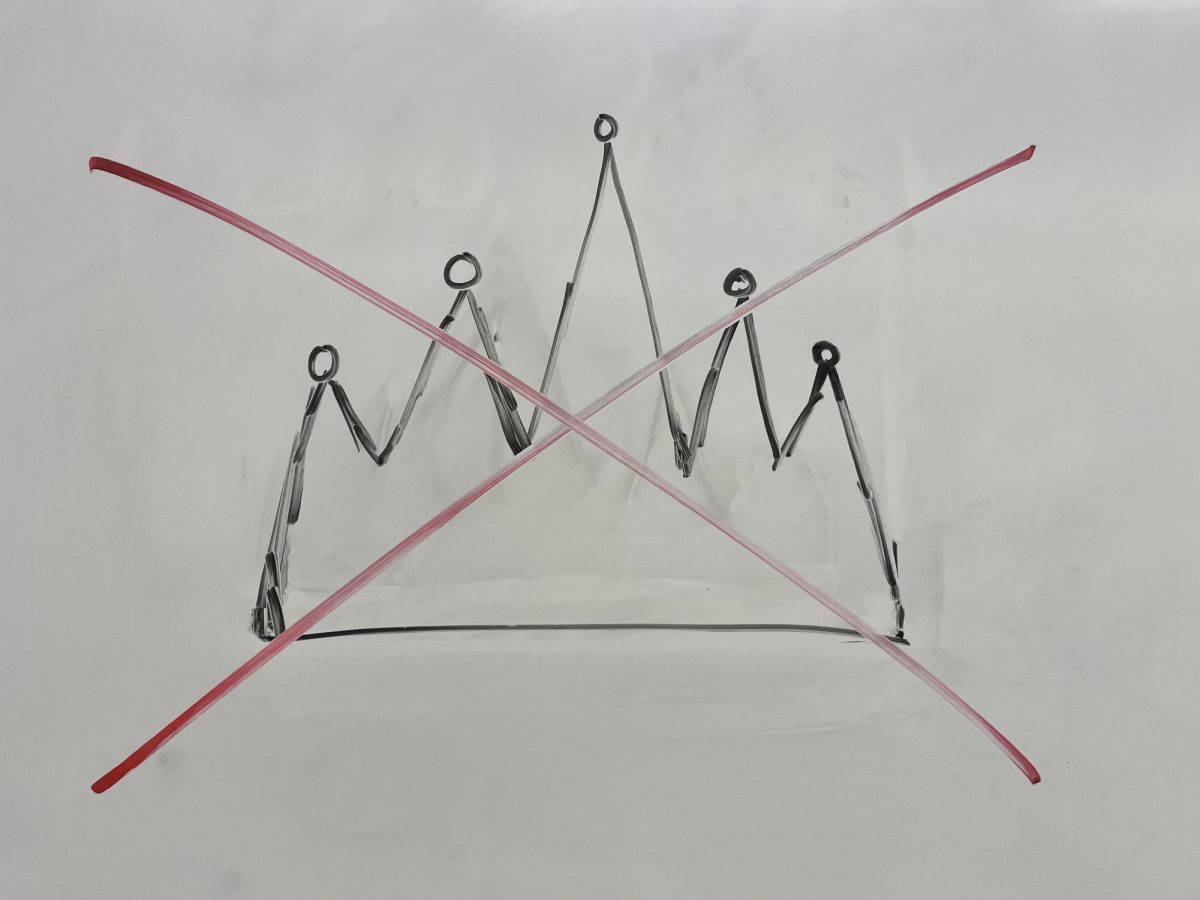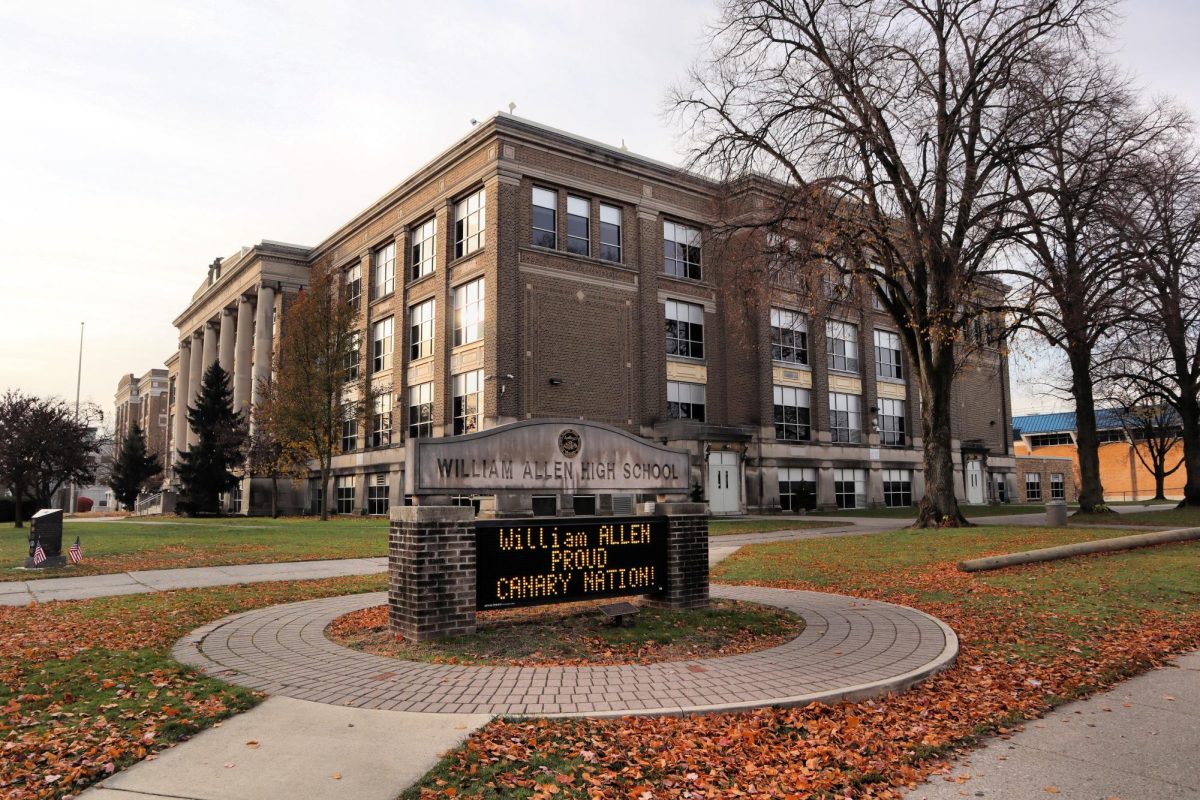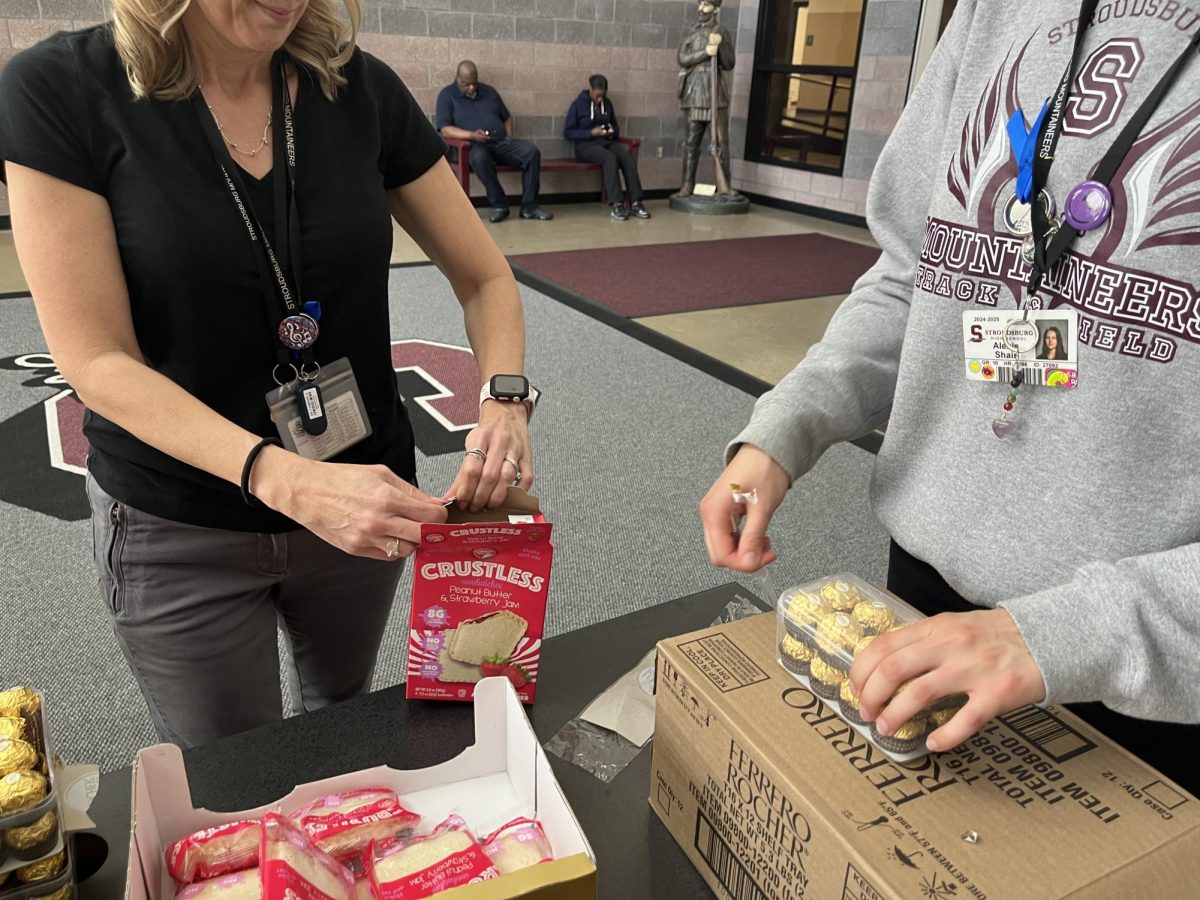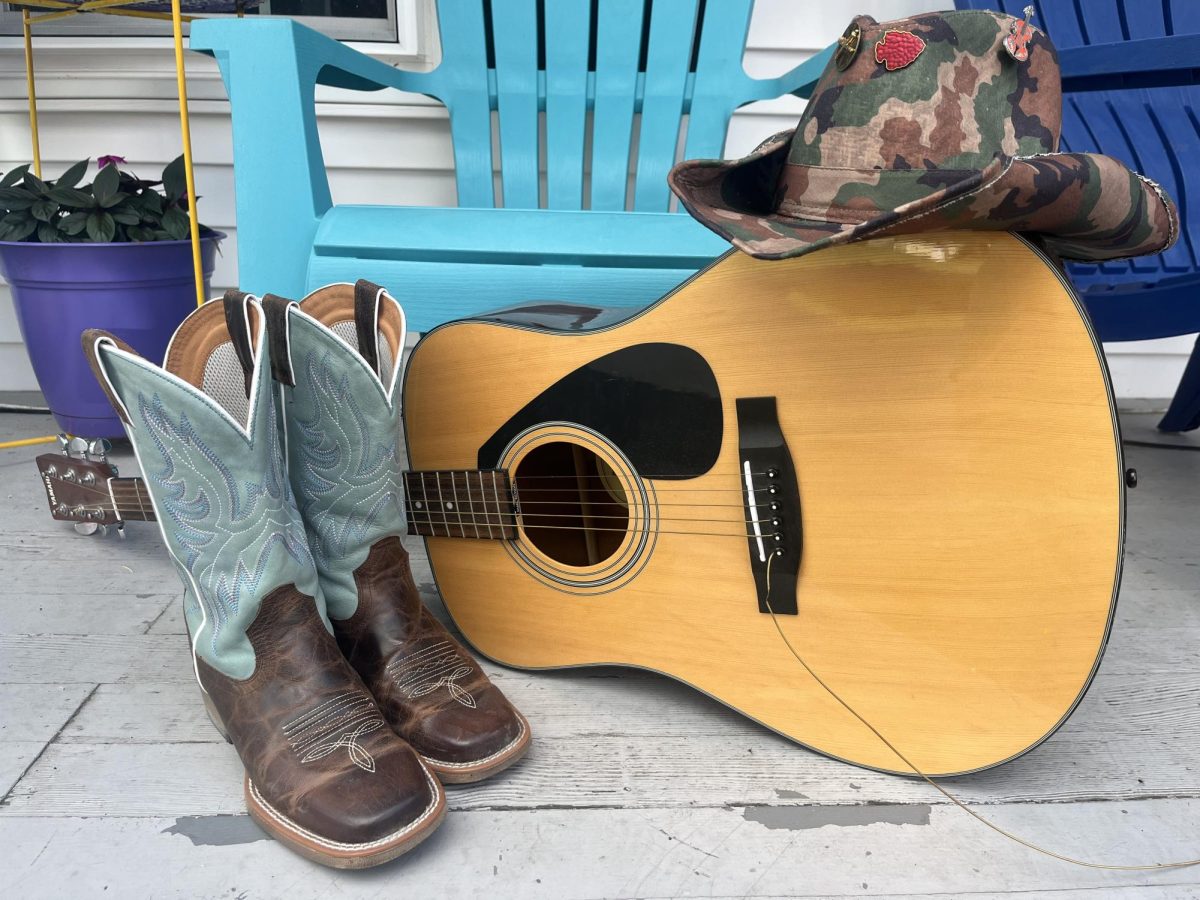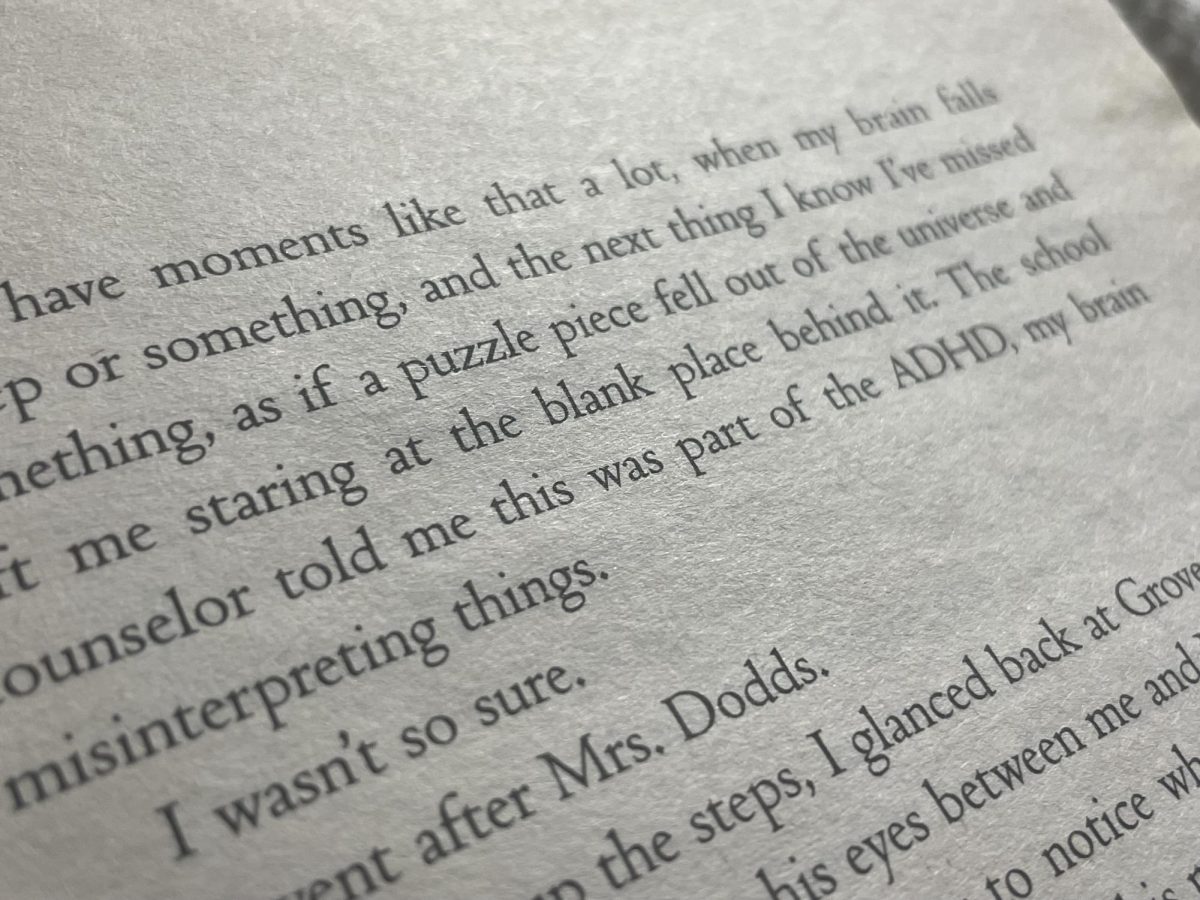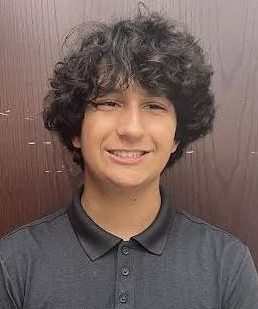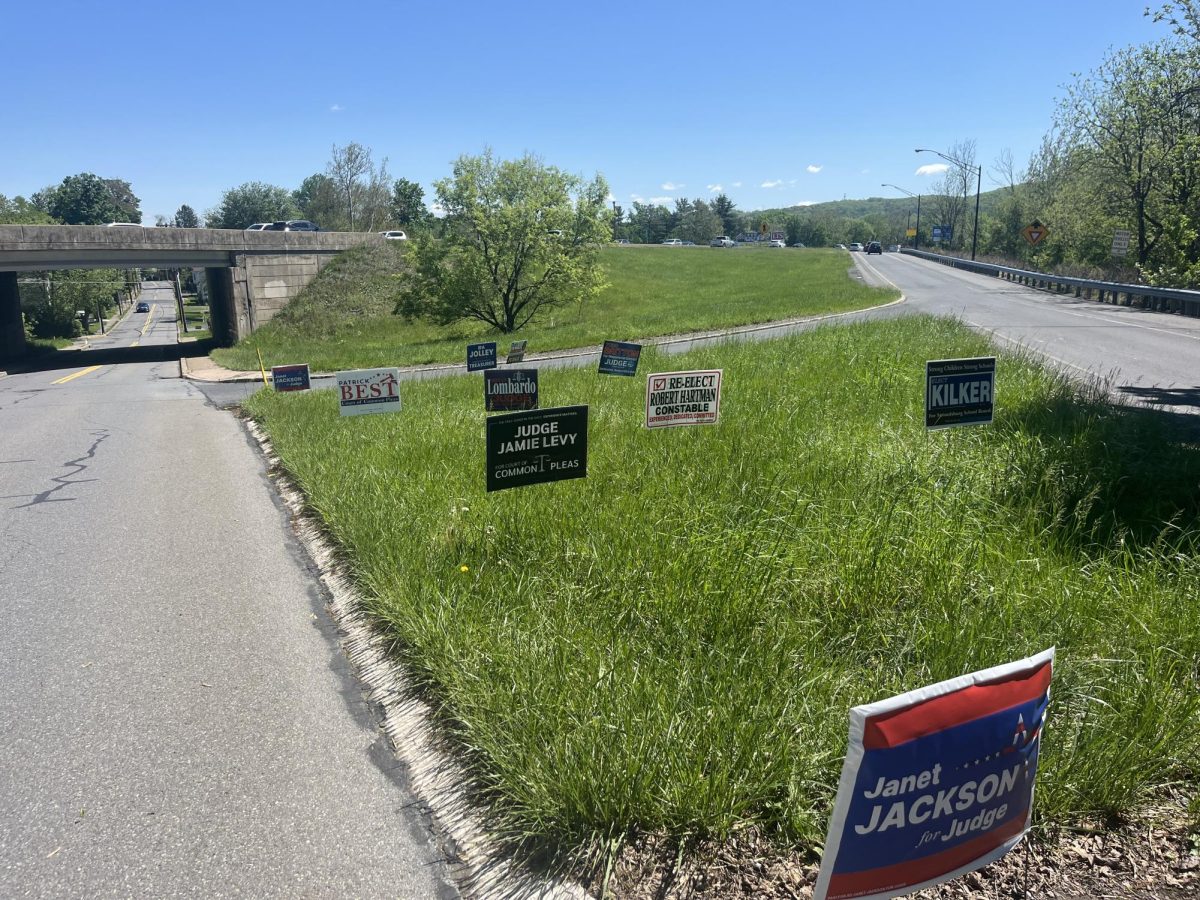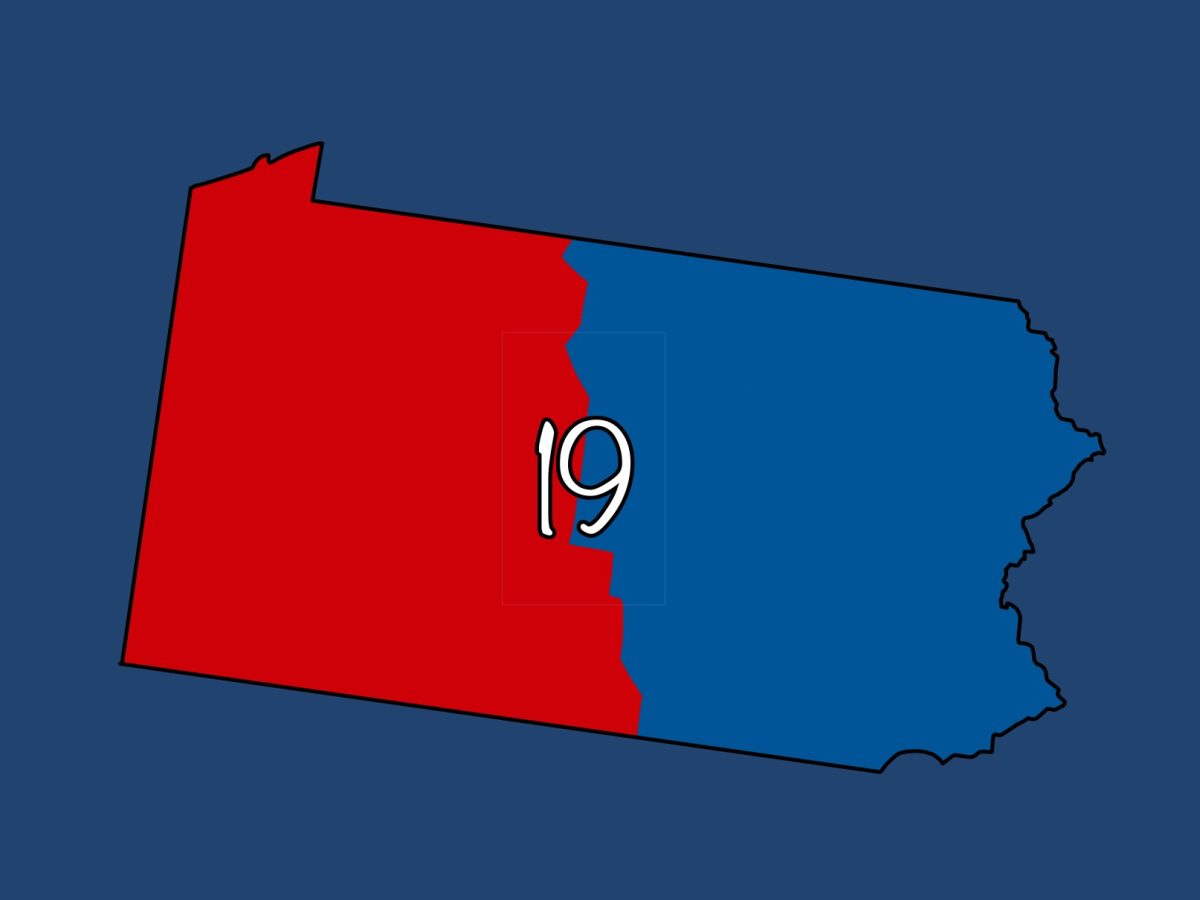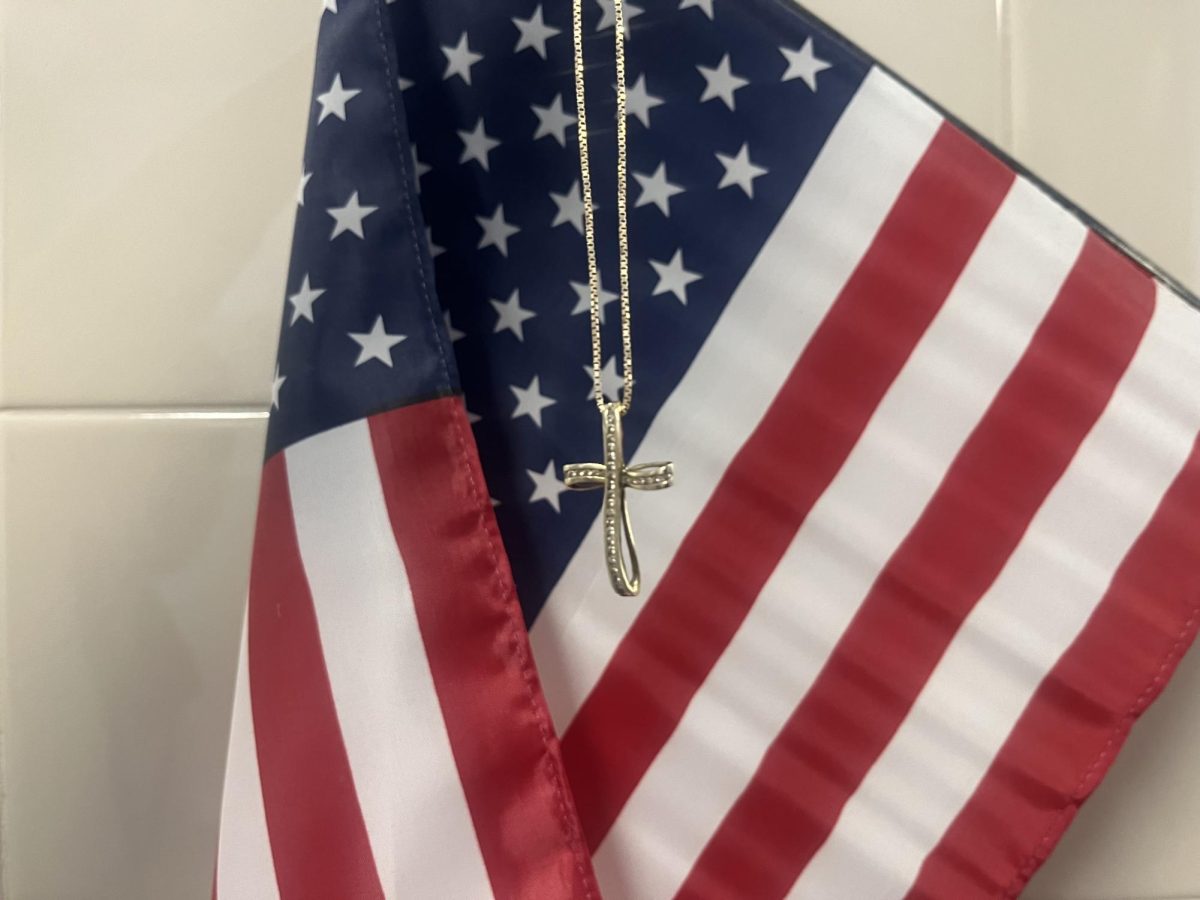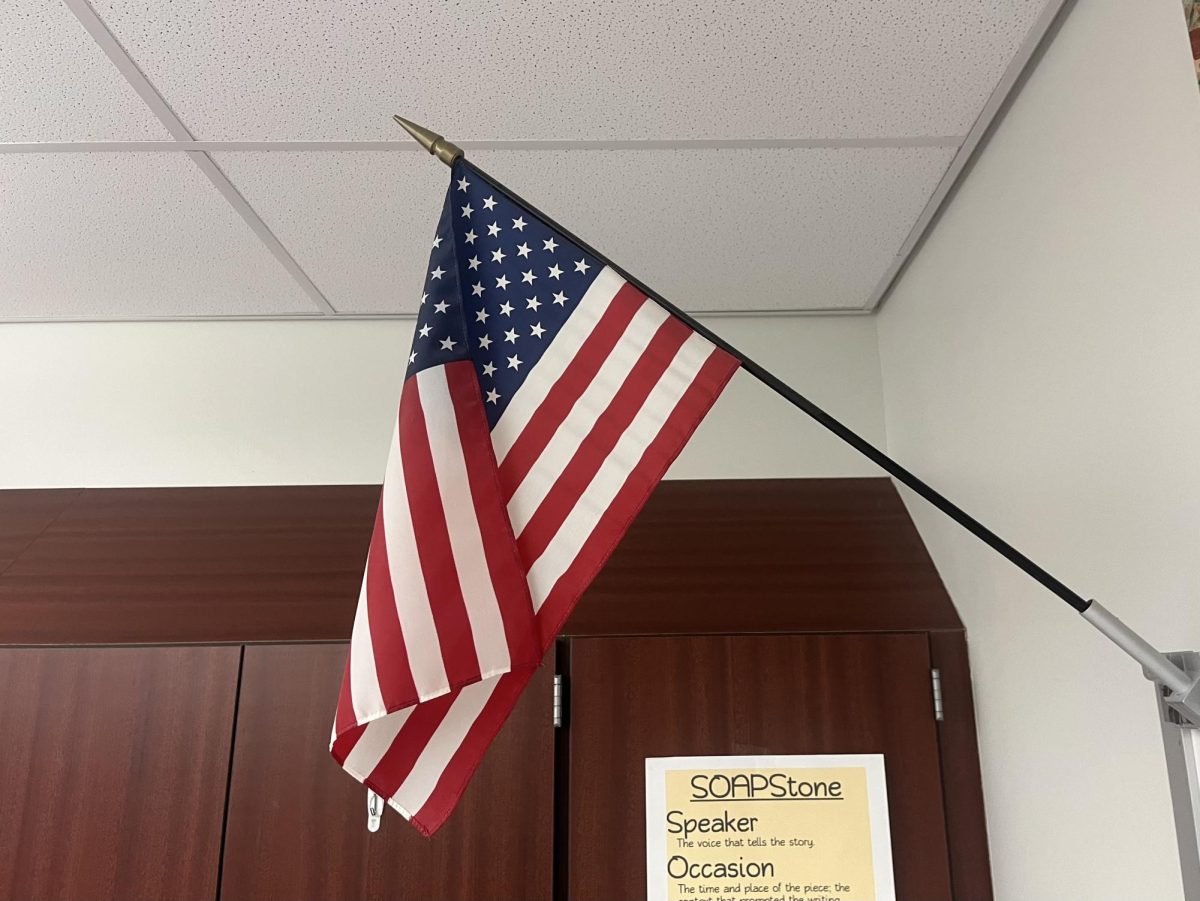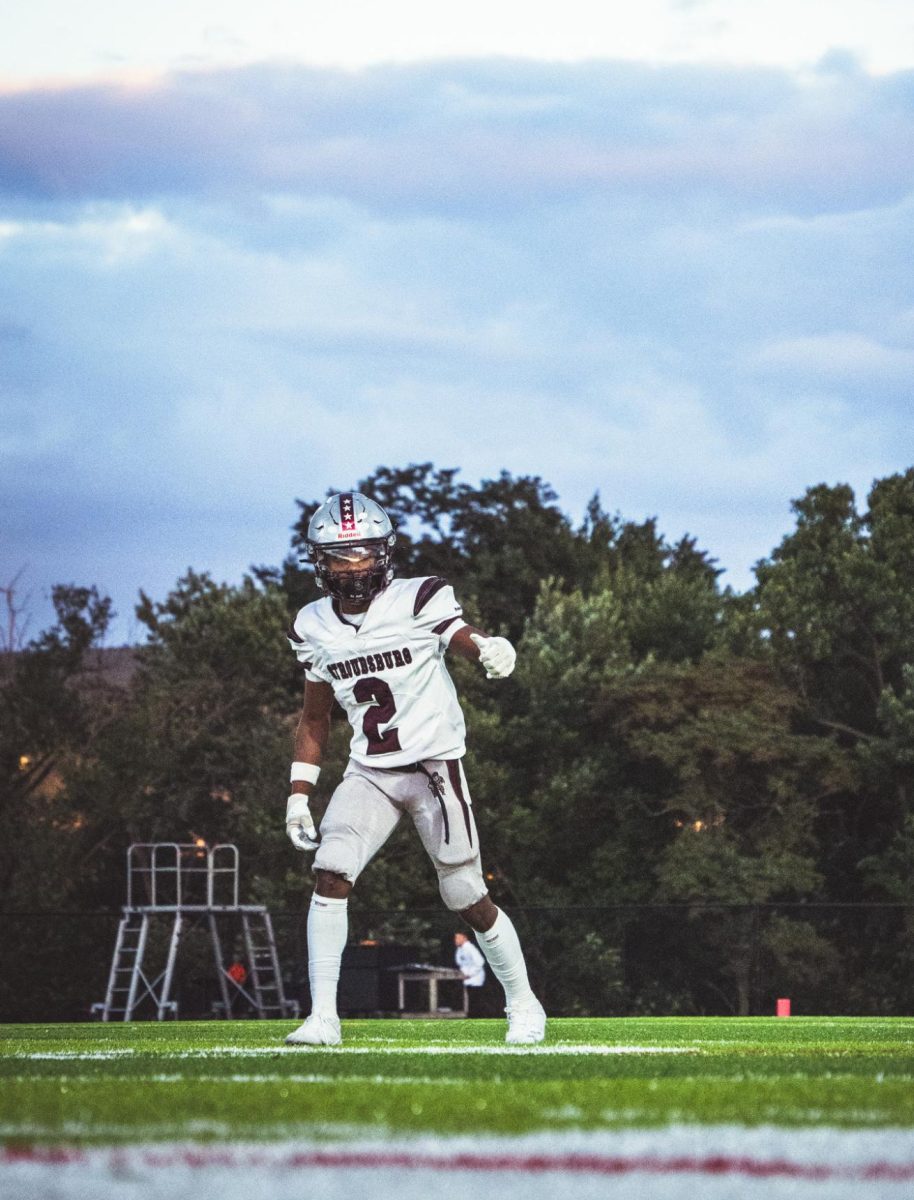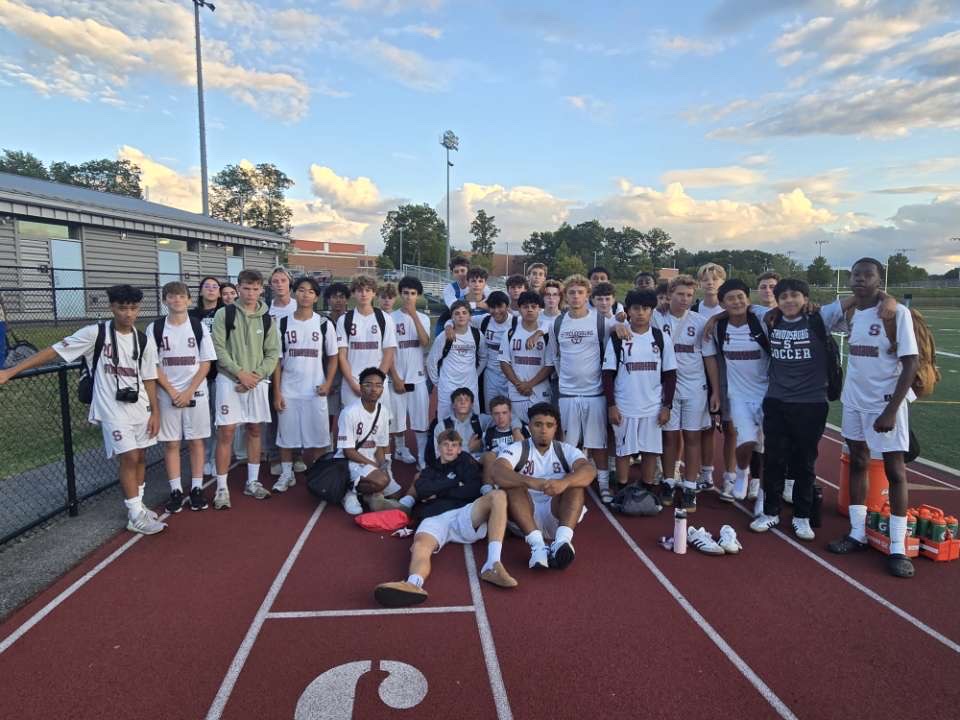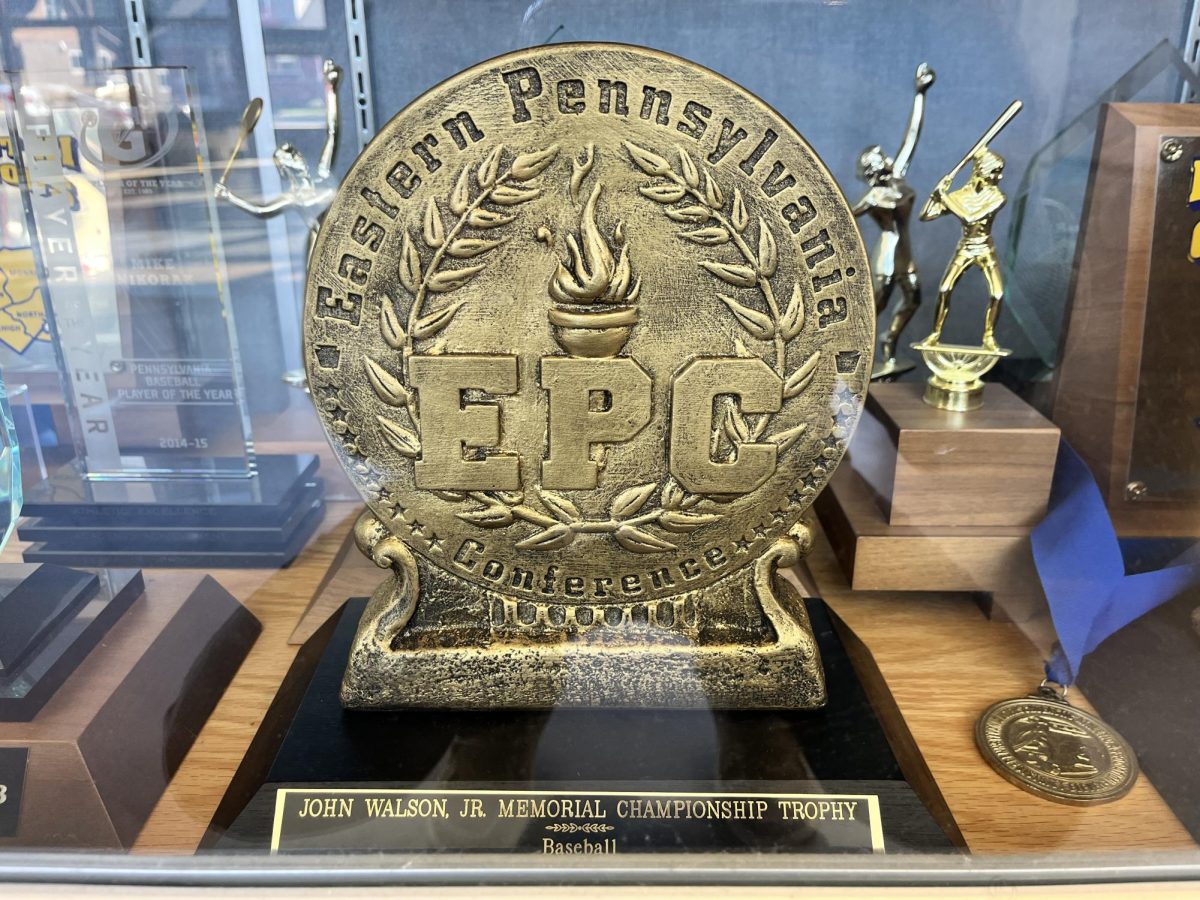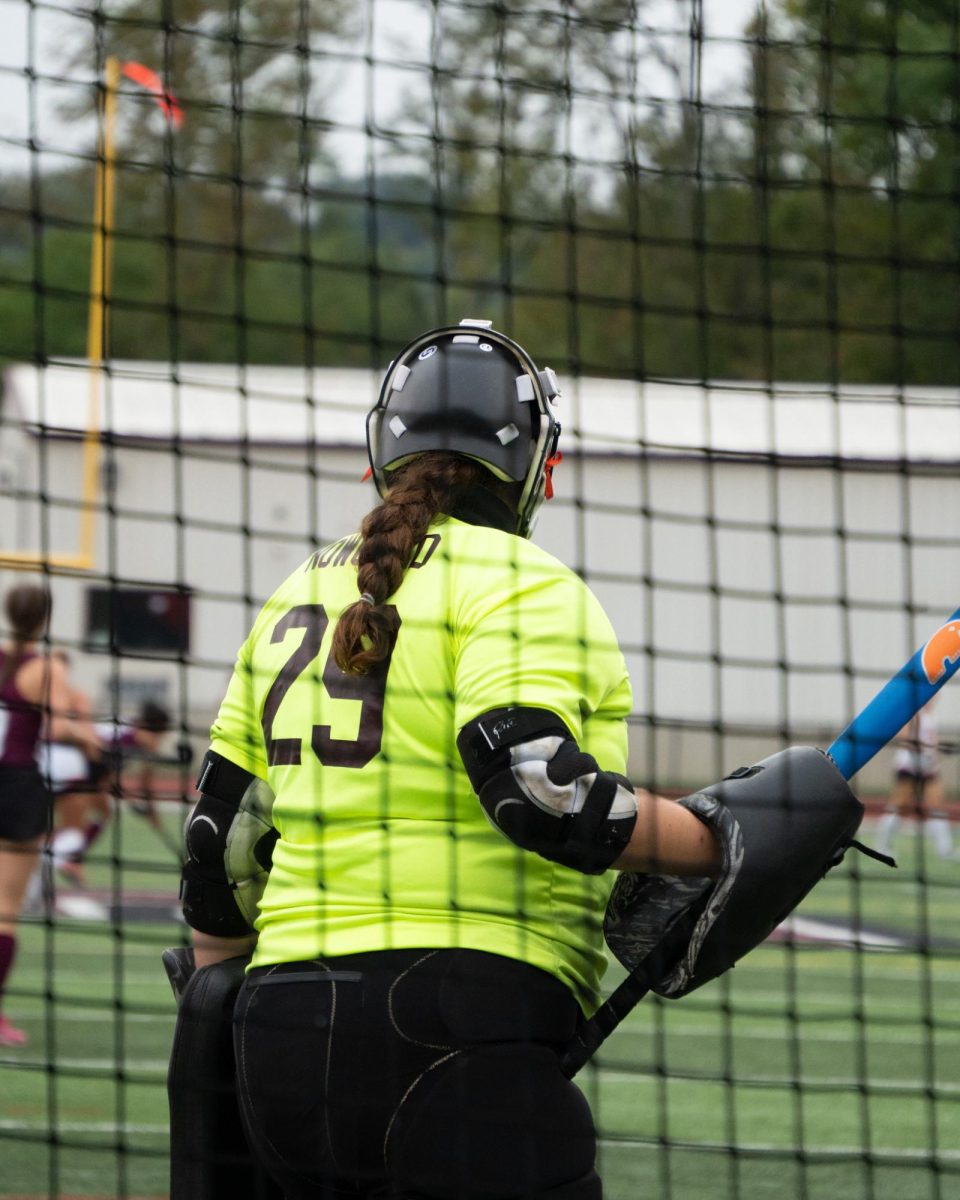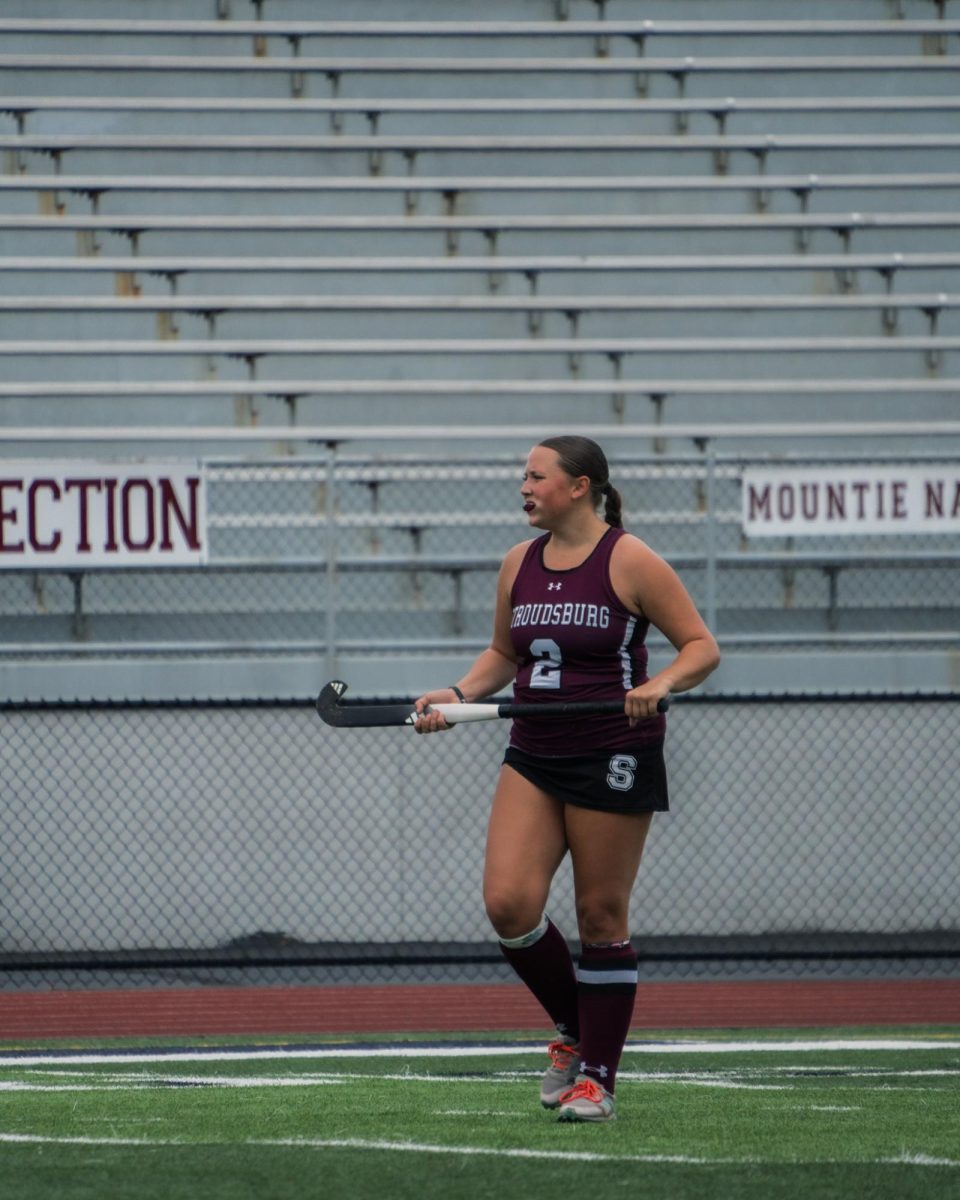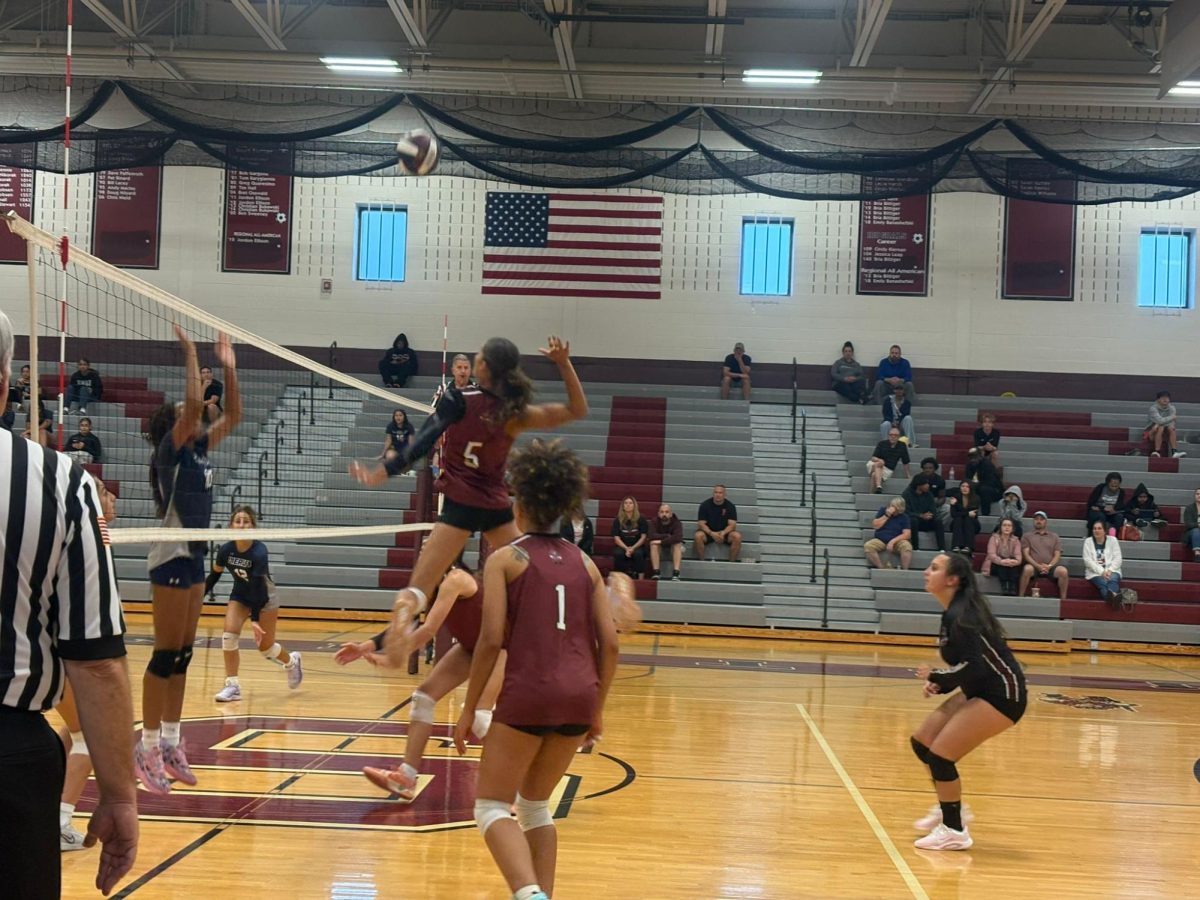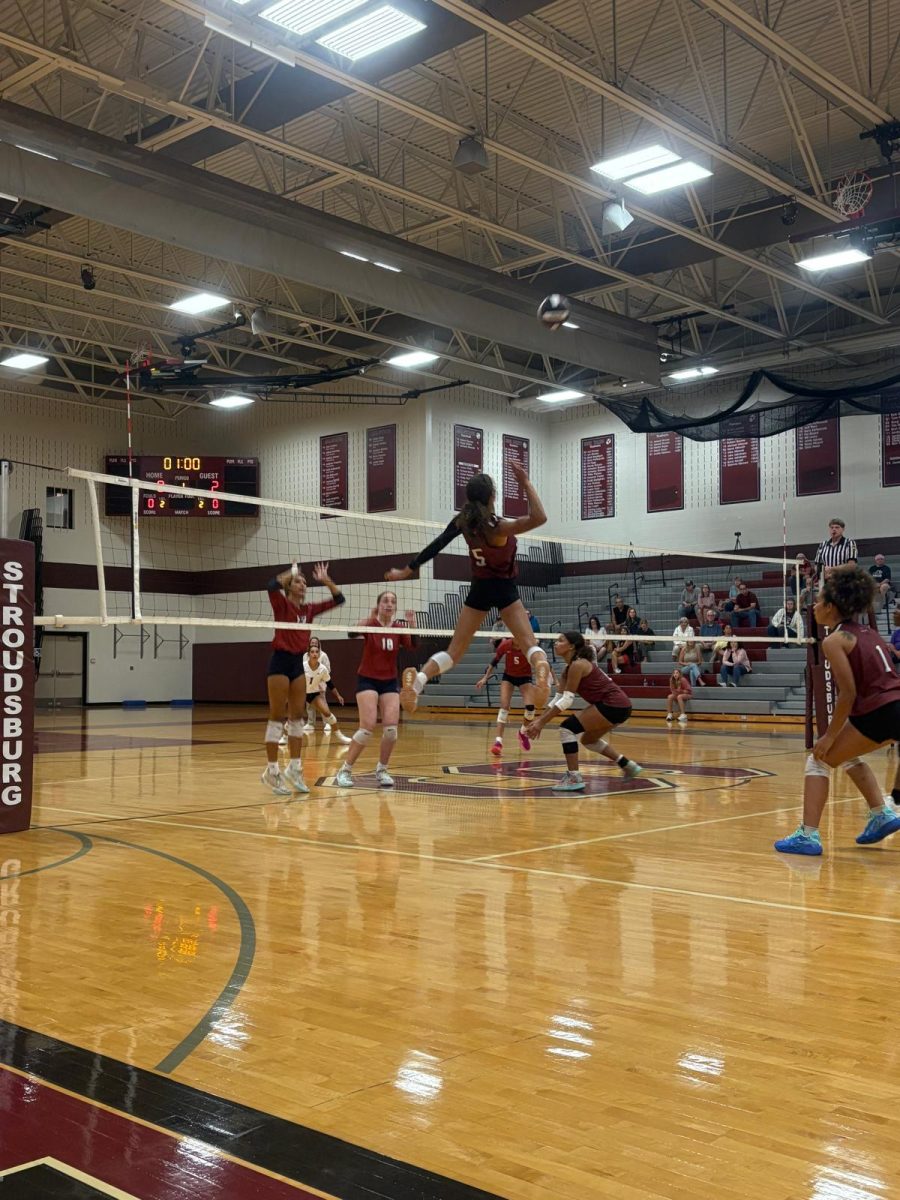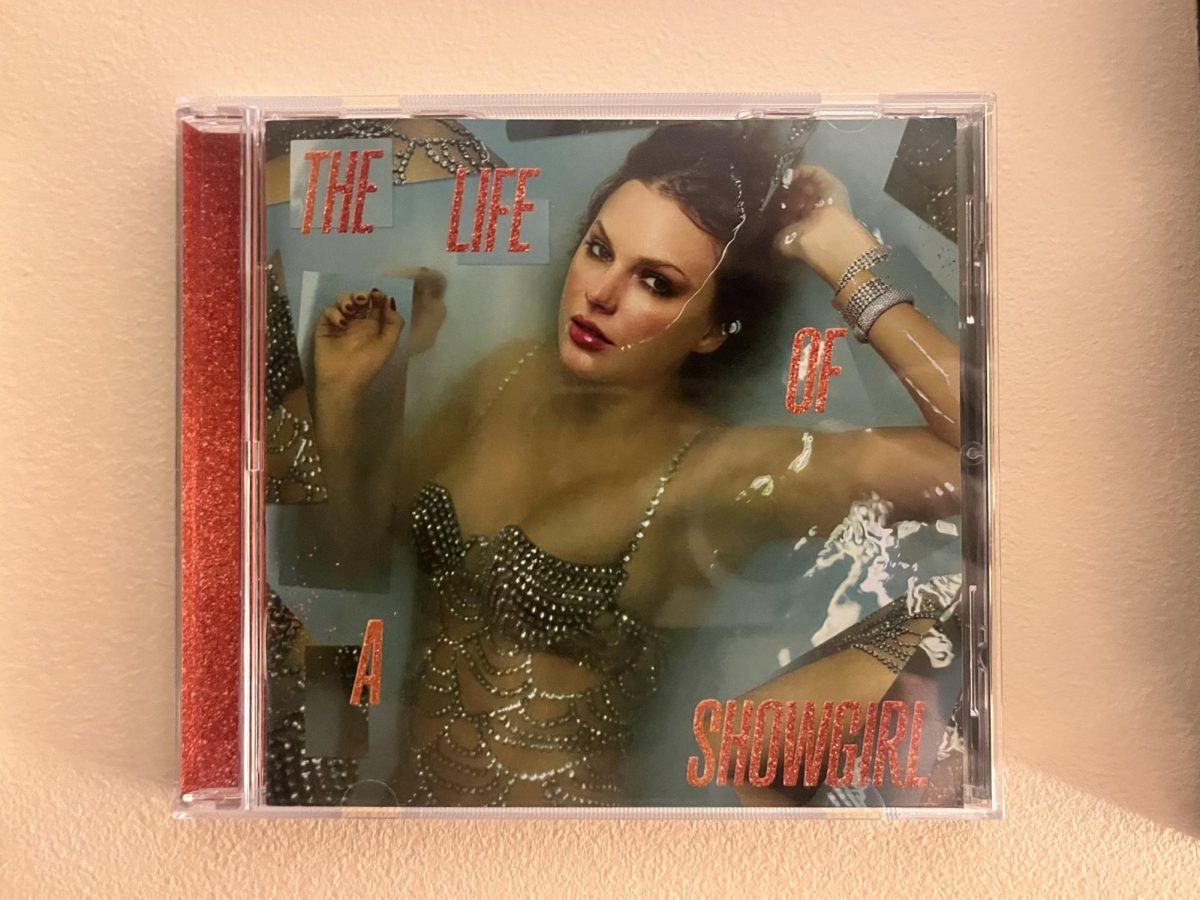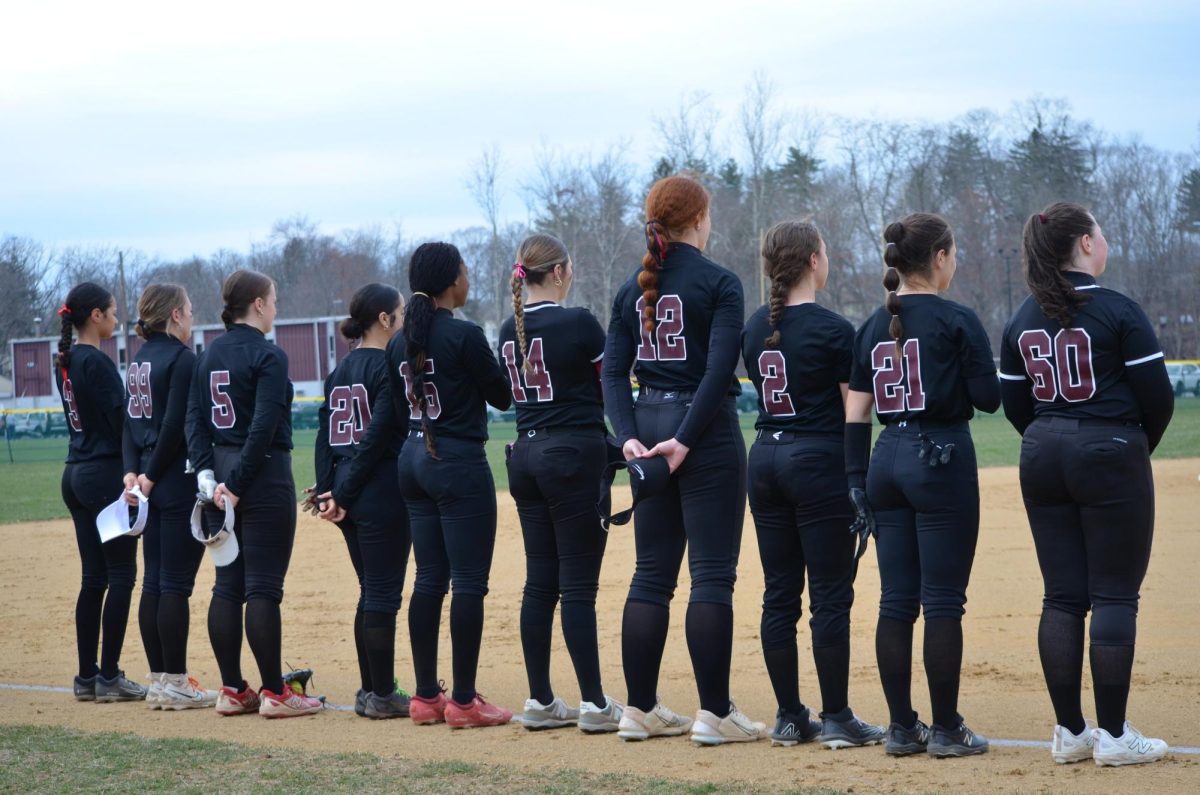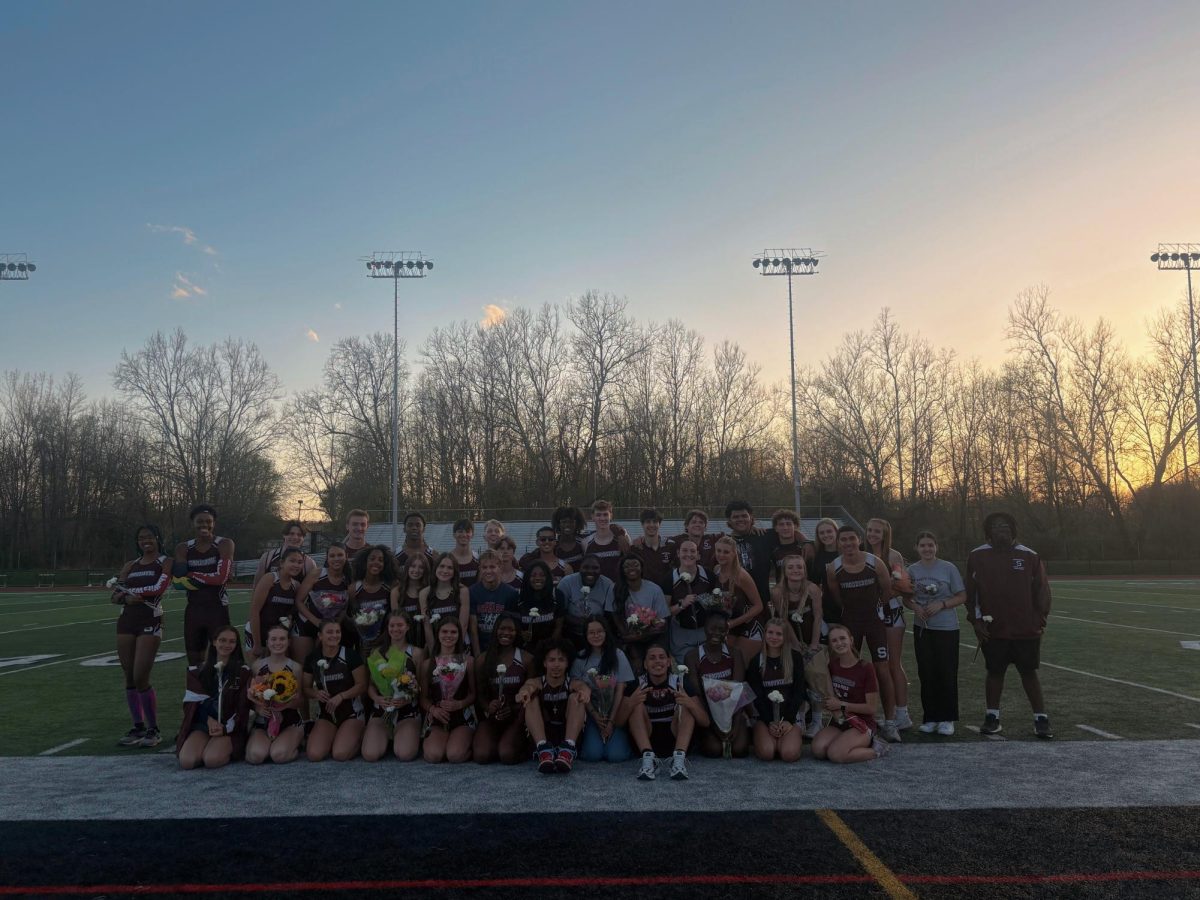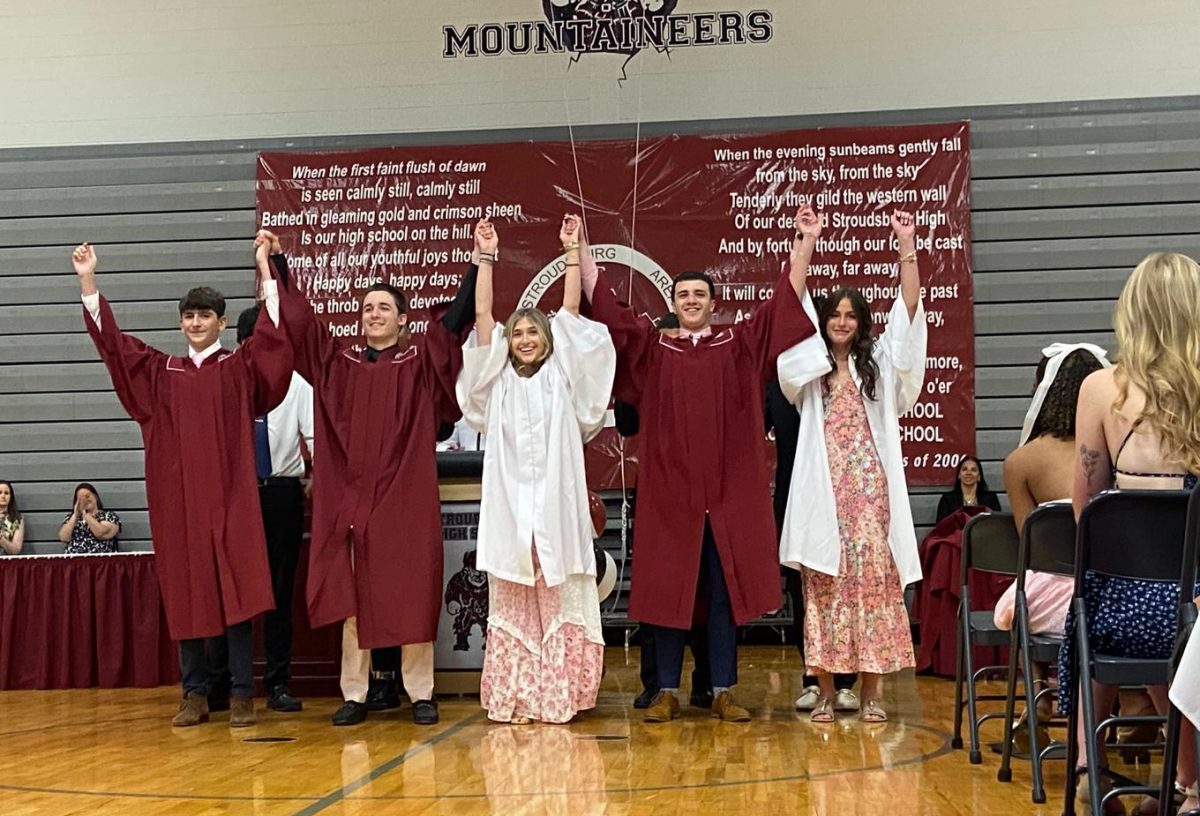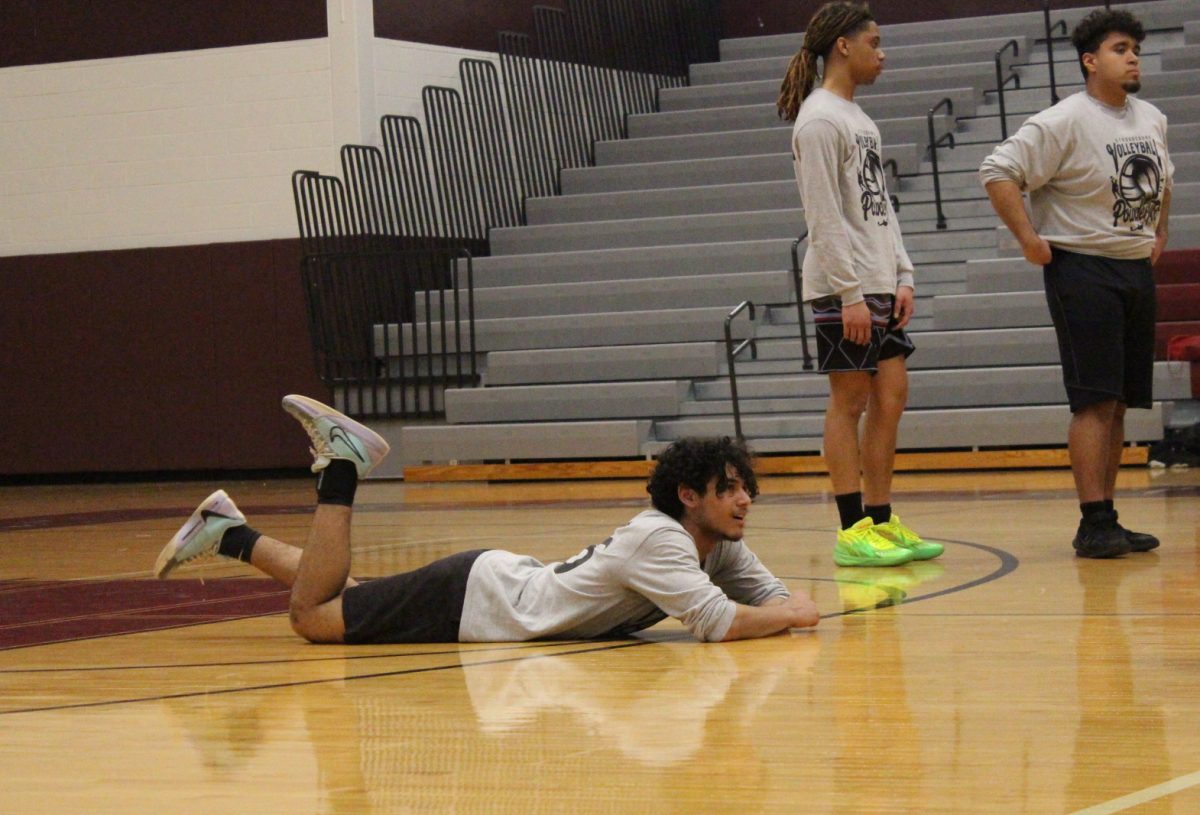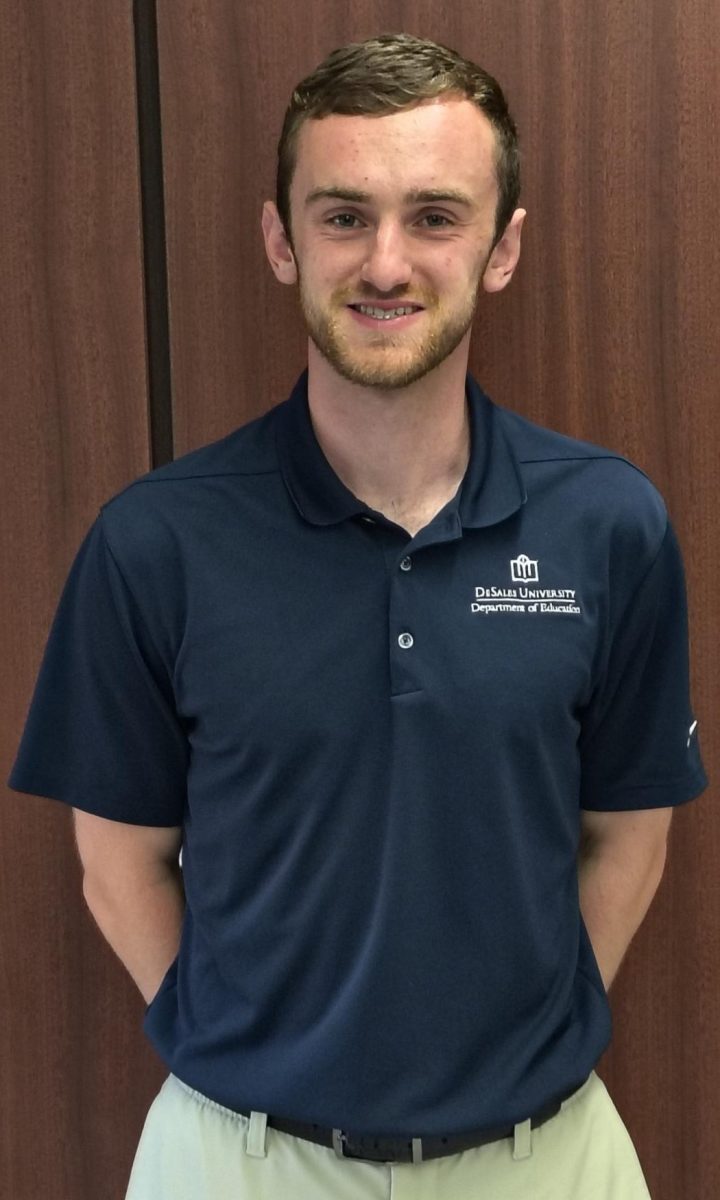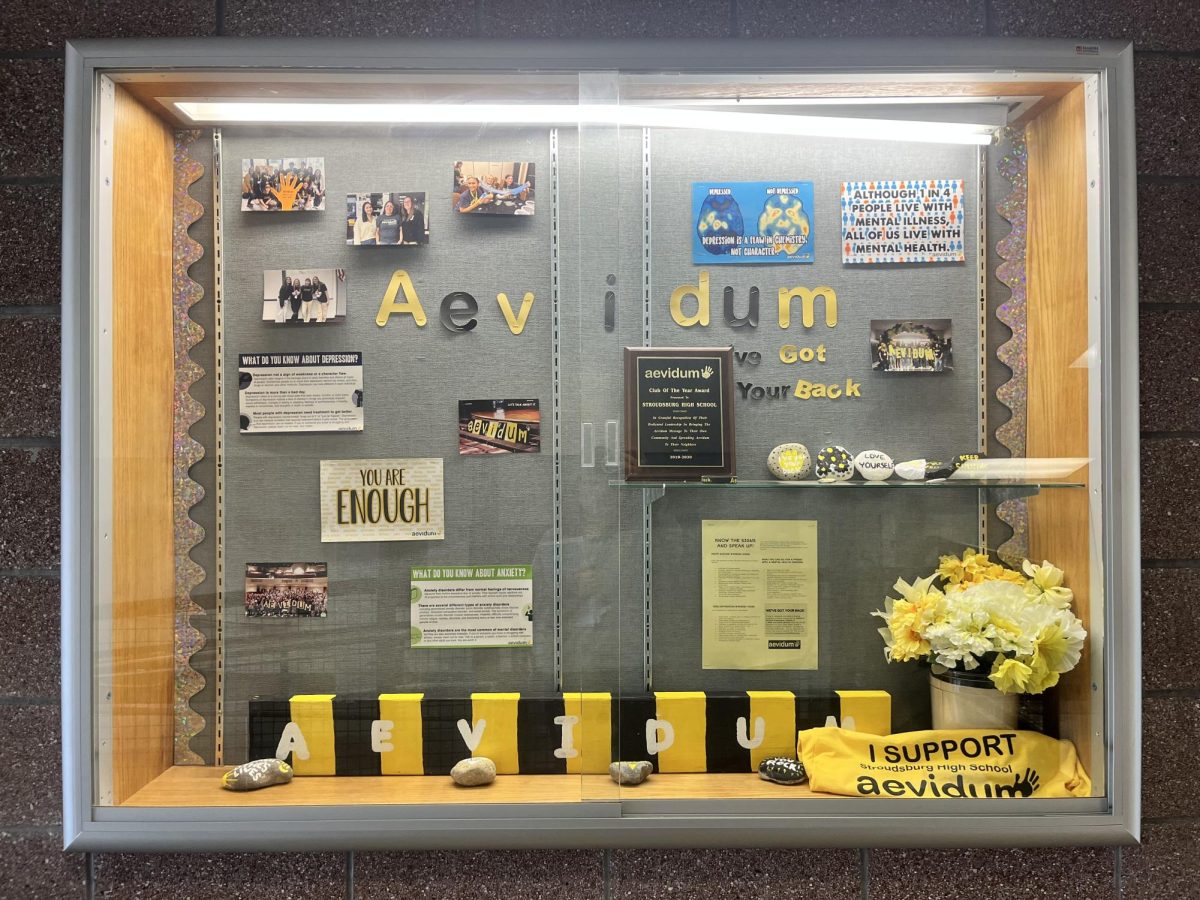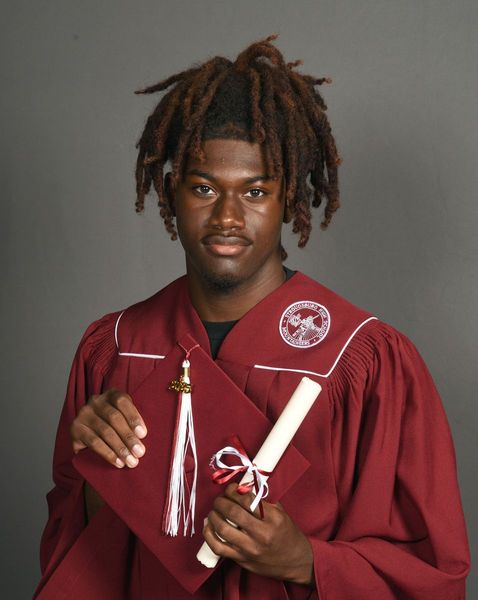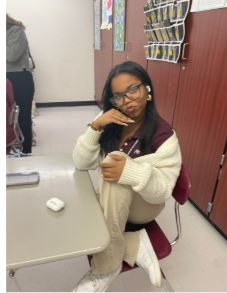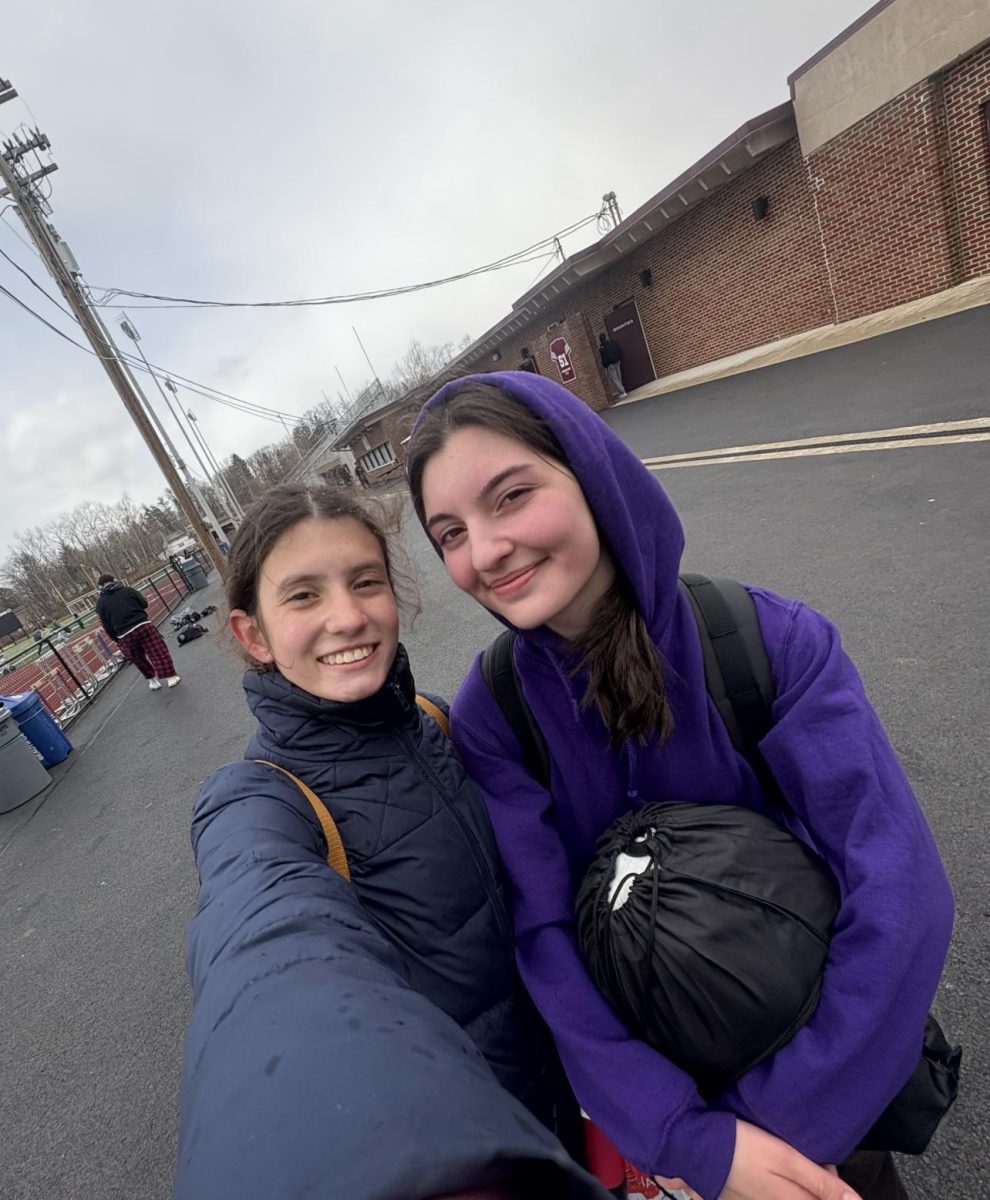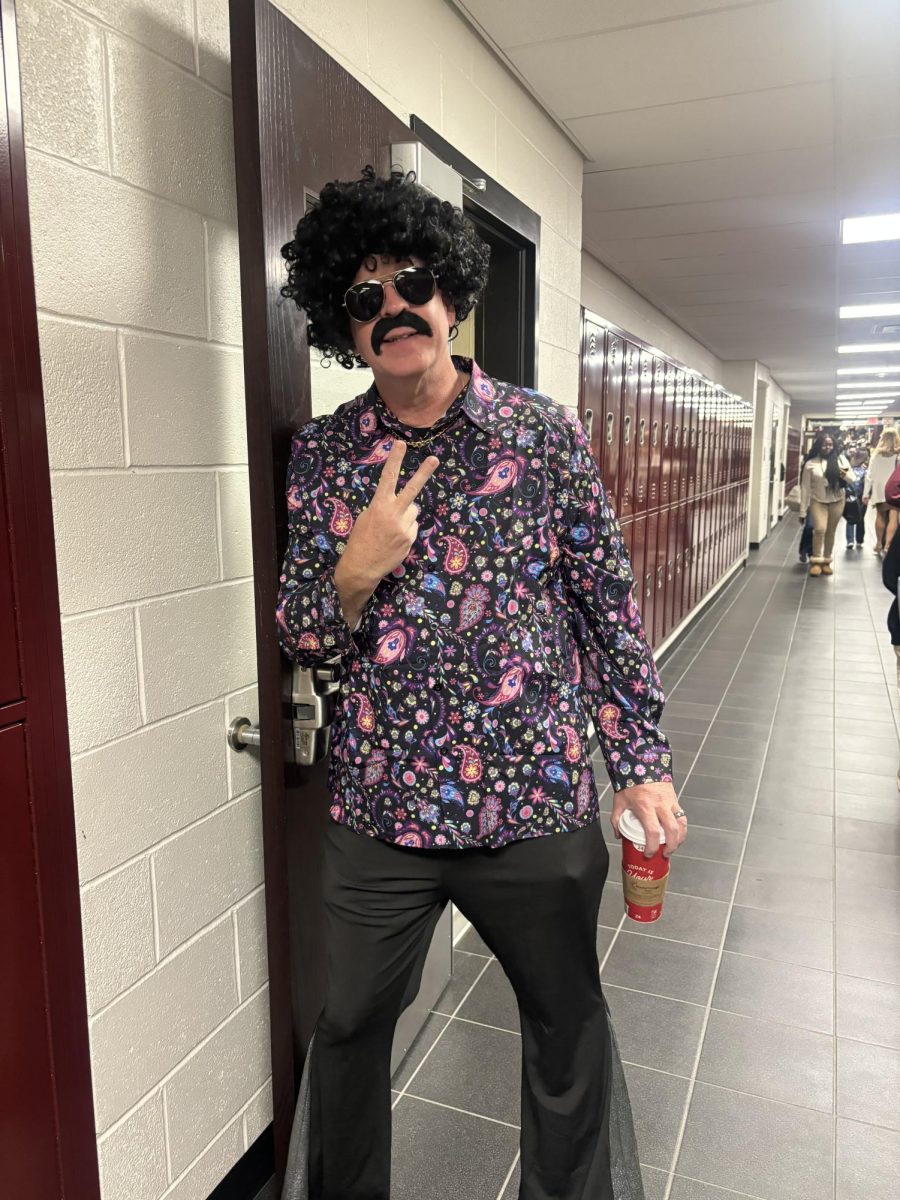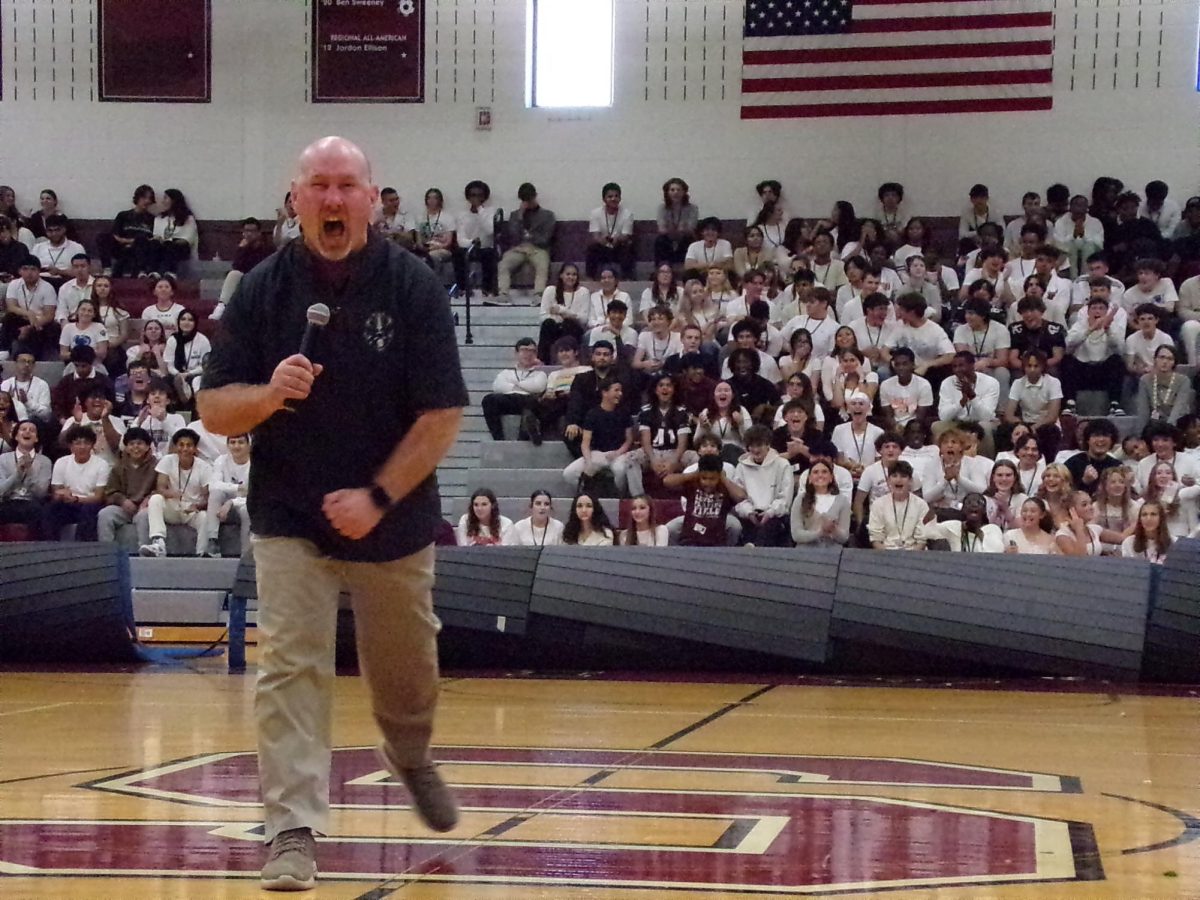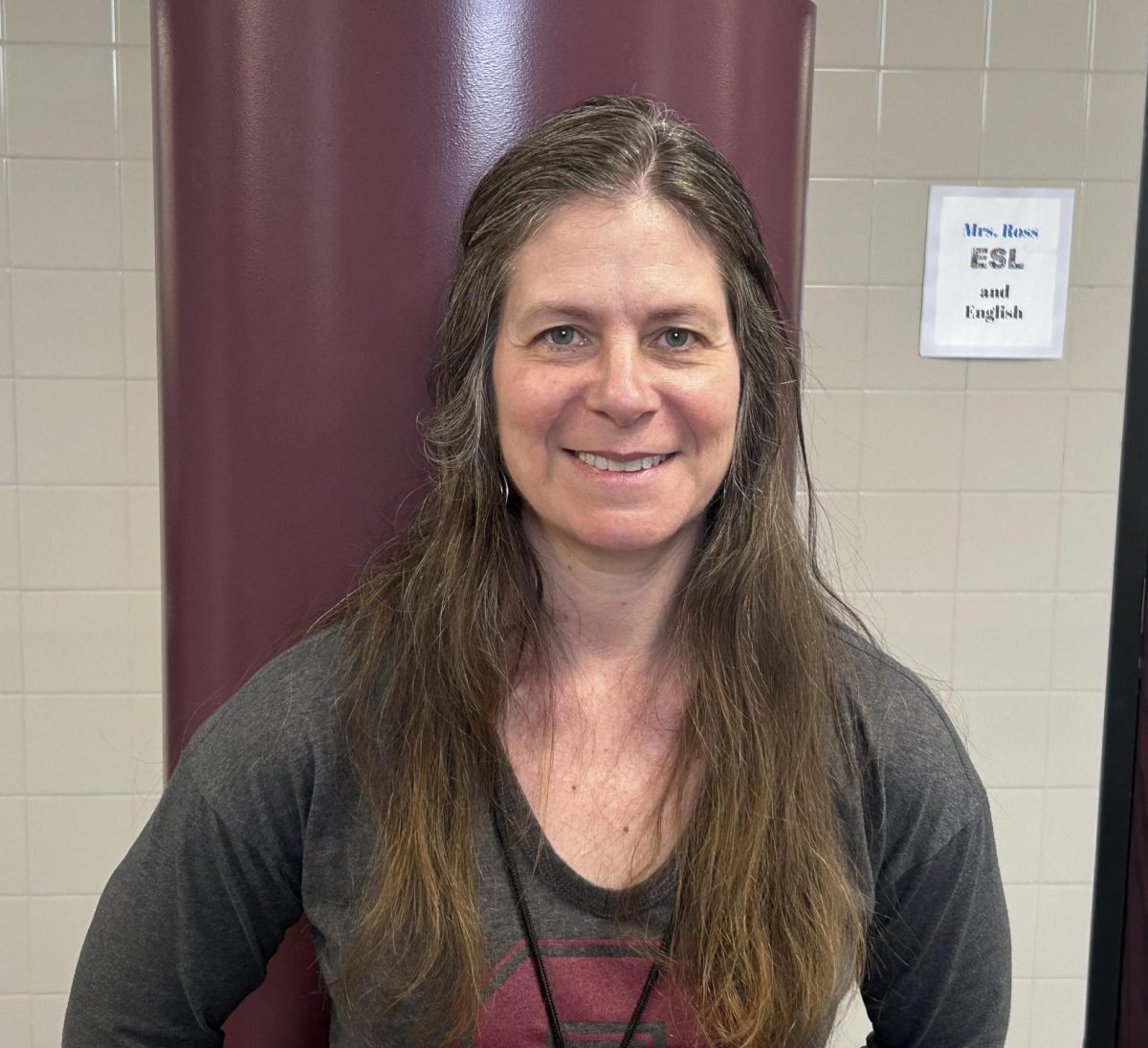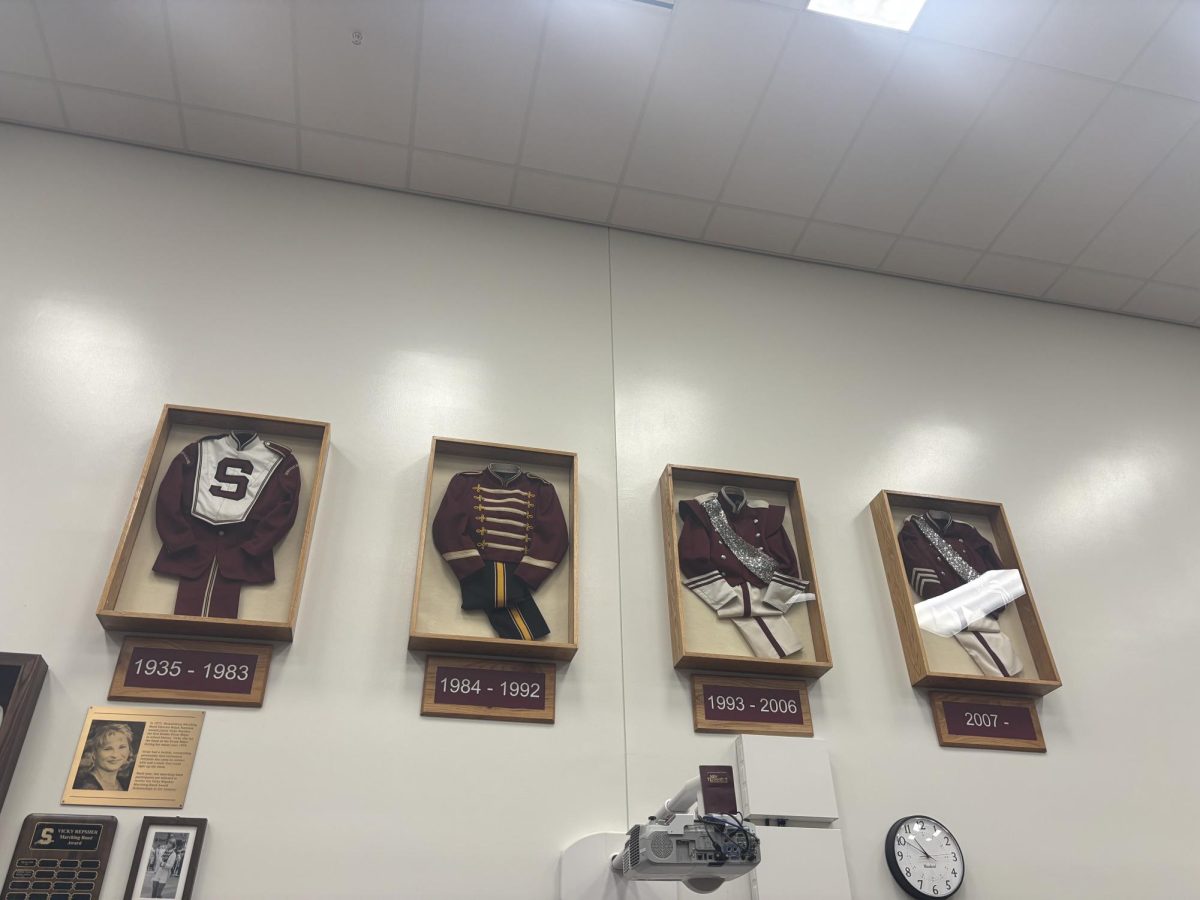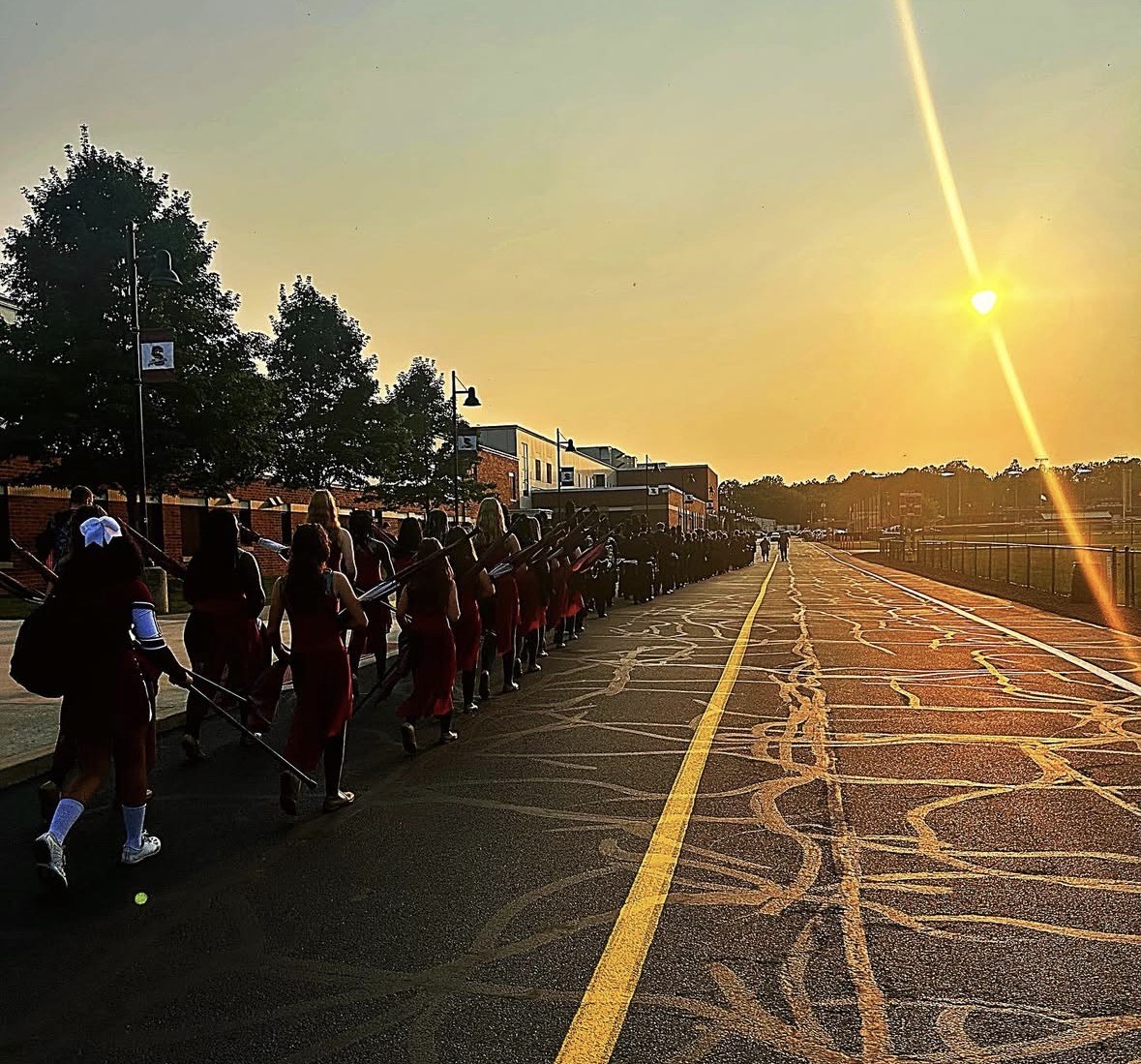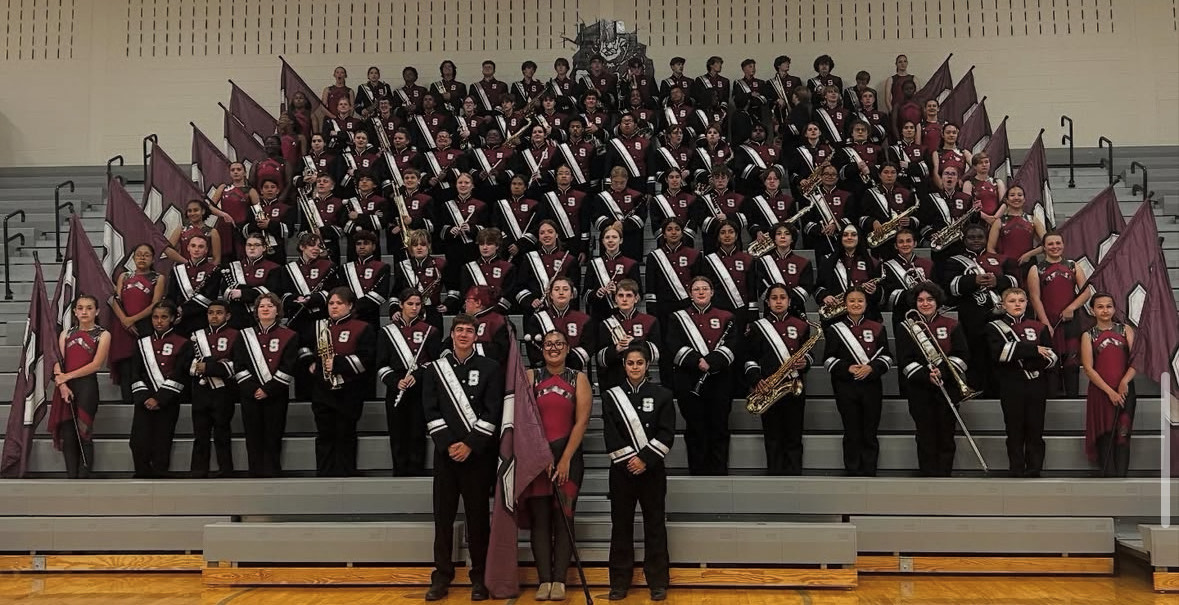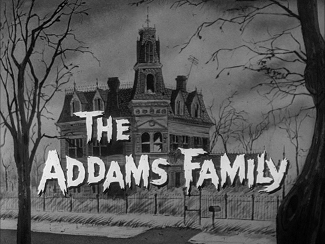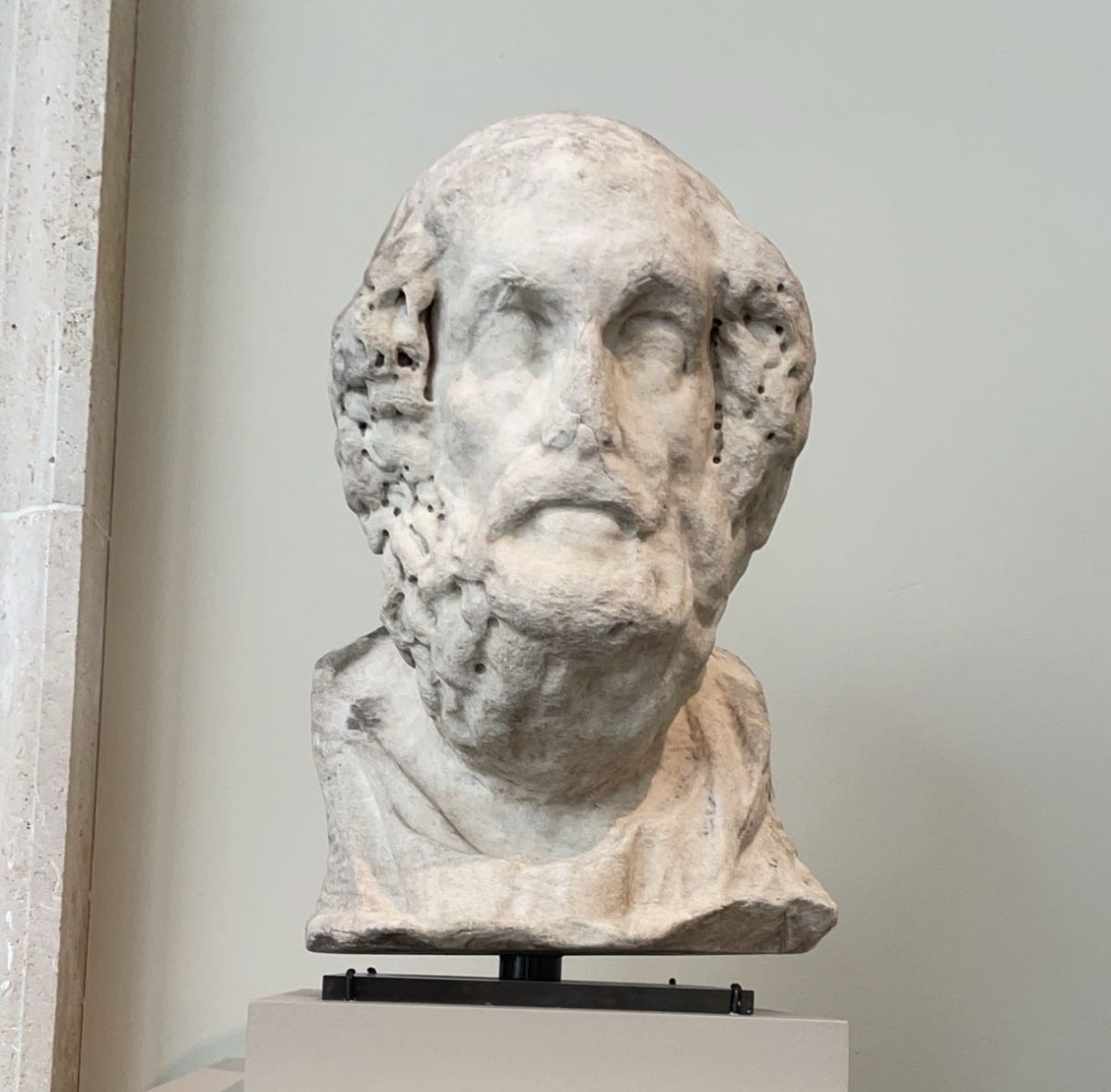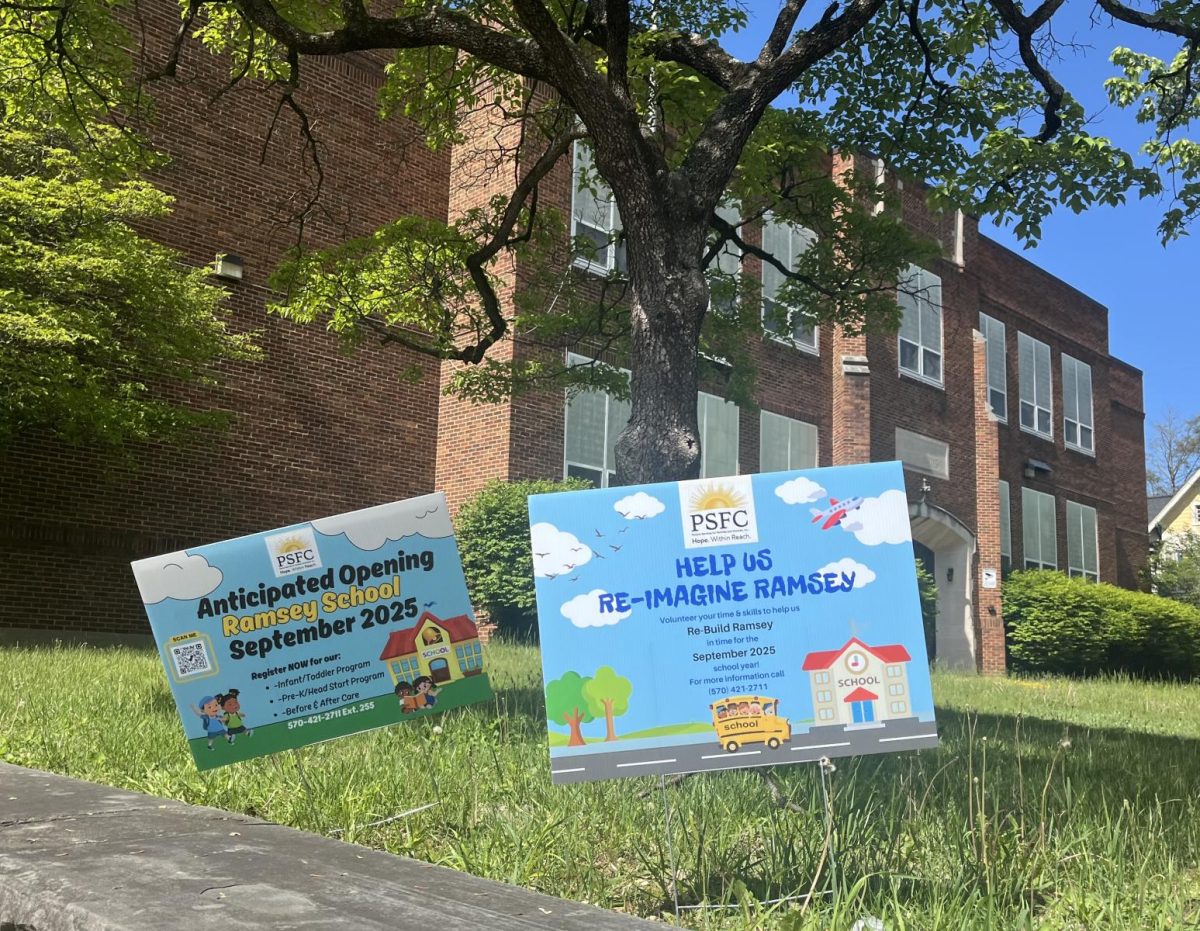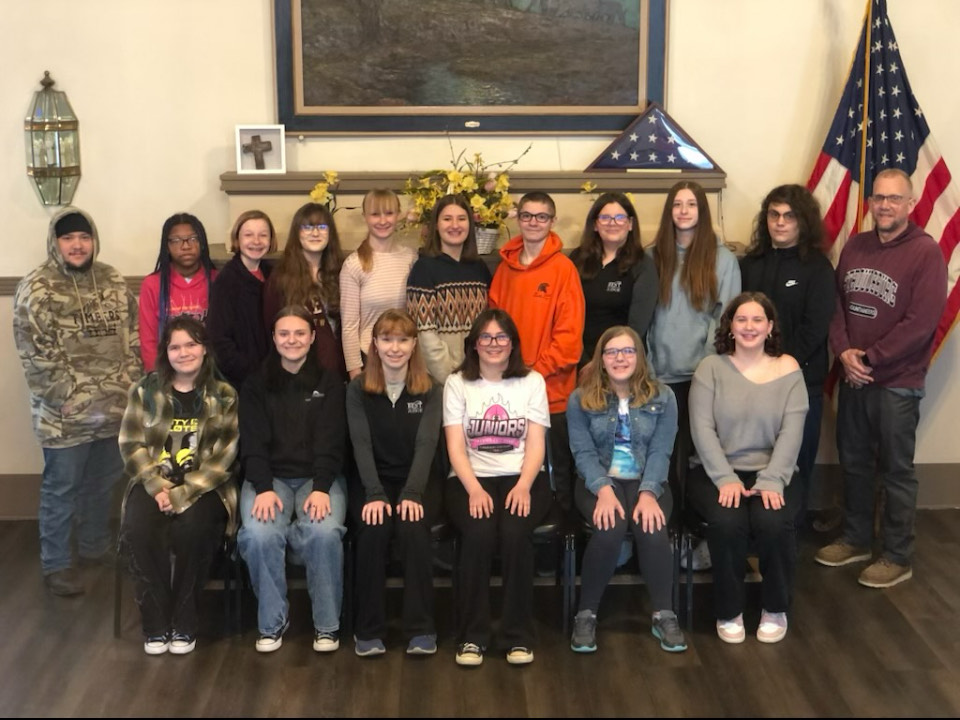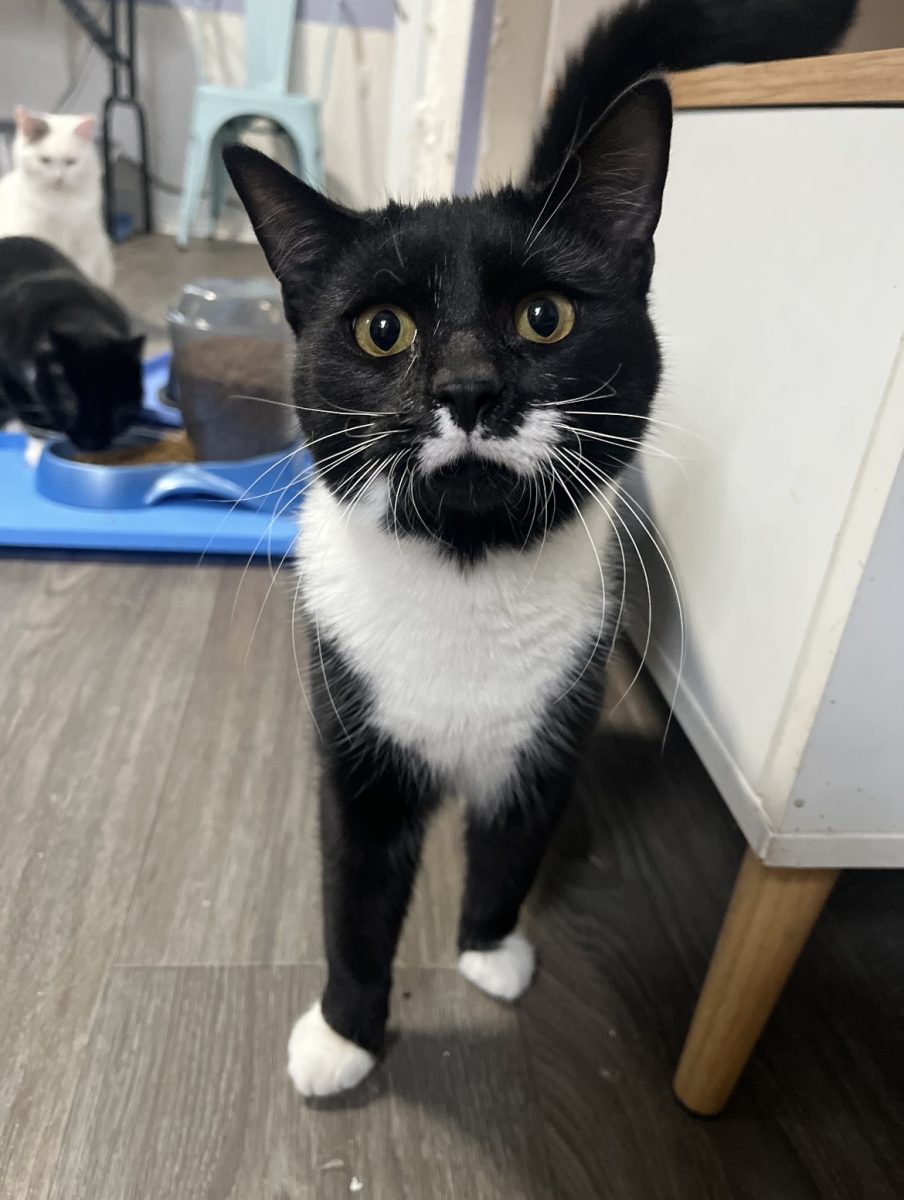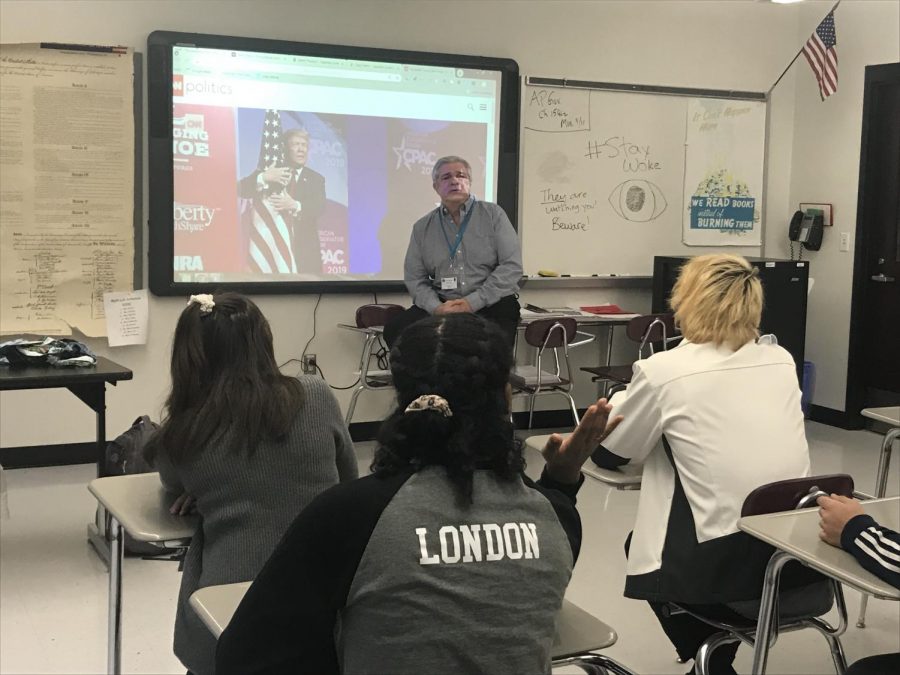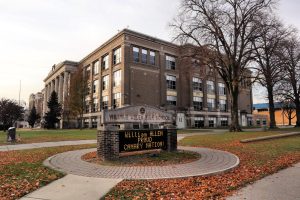Should teachers express their political opinions in the classroom?
Photograph by Alefiyah Vahanvaty
Social studies teacher Mr. Kurnas discusses a political event in the classroom.
March 9, 2019
It’s a regular school day in an AP American Government and Politics class, and the topic comes up about U.S. President Donald Trump’s decision to pull of the Iran Nuclear Deal. While students express their own personal opinions, the teacher intently listens in the background, presenting the latest information about Trump’s decisions.
Students express emotions of shock, except for one person: the teacher. Keeping a neutral stance, the teacher continues to objectively state the latest information about Trump’s deals.
Even in the discussion of political and current events, teachers at SHS are expected to not impose their political opinions in the classroom.
As stated in the SASD school board policy, “In the discussion of any event, a teacher may express a personal opinion but shall identify it at such, and must not express an opinion for the purpose of persuading students to his/her point of view.”
“I think teachers should be allowed to express their political beliefs, if they state it as an opinion, or if they are asked upon by a student,” said senior Taylor Garrett.
Classroom debates on current events can be a great learning experience for students. The difficult part is how teachers manage or conduct them.
According to the SASD Policy Manual, “The Board believes that consideration of current events has a legitimate place in the educational program of the schools.” Current events can be discussed in the classroom, but only if the topic is related to the course’s educational goals.
“Political discussions should be done with respect, and it should have some resemblance with the school curriculum,” said social studies teacher Mr. Tom Kurnas. “If you are teaching a geometry class, and you give a six minute speech about supporting a political candidate, then I think you have crossed the line.”
While most administrators are adamant that educators need to remain neutral when discussing controversial topics in the classroom, some students tend to think otherwise.
“I believe that teachers should have a right to express their political opinions in the classroom, as long as it is stated as an opinion and not as a fact,” said sophomore Ryan Scott. “However, teachers should take into consideration the age group and maturity level of the class.”
According to NPR (National Public Radio), many high school administrators, educators, and students across the country believe that it’s important that teachers discuss politics and current events in the classroom. However, according to Edweek, 42 percent of educators were finding it much more difficult to discuss national politics with students since 2017.
“It’s important that teachers don’t express their opinion as a fact on a controversial issue, but learning about different opinions is an integral part of education,” said junior Harpreet Chohan. “If we don’t, then we have a whole new generation of voters voting on critical policies they don’t have much knowledge about.”
To date, the board has stated that current events have a legitimate place in the educational curriculum of schools, but only if properly introduced, for the purpose of evaluating positions and opinions.
“It is not our place to sway students one way or another. However, I do think it’s appropriate if teachers challenge students to think outside of the box by encouraging debate and presenting both sides of the argument,” said SHS principal Mr. Jeffrey Sodl.
However, there are some lawmakers (state legislators who writes and passes laws) who have even gone so far to ban controversial topics from being discussed in the classroom.
Last year, Pennsylvania lawmaker Mr. Will Tallman made an attempt to write and pass a bill known as the “Teacher Code of Ethics,” that would prohibit teachers from discussing on pending legislation regulations, executive orders, or court cases involving any legal branch of government.
According to Tallman’s memo: “Teachers could not introduce into any class any controversial subject matter that is not germane to the course of the topic being taught, or advocate for any issue that is part of the party platform on a national, state, or local level.”
“Political topics and controversial issues should be discussed in the classroom, if they pertain to the school curriculum. If we are not helping students see both sides of an issue, then we are not preparing them to understand complicated issues,” said Kurnas.
According to a landmark four-year study by social science researchers Diane E. Hess and Paula McAvoy, students who engaged in political discussion in the classroom demonstrated a remarkable level of maturity and intellectual growth.
“I think that it’s very important that teachers stay neutral on political topics, but teachers should encourage debate on political topics or controversial issues. Learning about how to respect everyone’s opinions is key to making progress in our society,” said Sodl.
However, many educators are faced with the dilemma of dealing with parents who are concerned about their children being exposed to views on topics that conflict with their beliefs.
“As a teacher, it is your responsibility to teach your students how to do research and back up their opinions,” said social studies teacher Mr. Anthony Lanfrank. “School is not supposed to shell you in your own beliefs, it’s suppose to teach you how to shape your beliefs with facts.”
In addition, many parents and administrators are concerned about misinformation being spread in the classroom, especially from students who may express a political opinion about a topic that is not factually correct.
But according to The Case for Critical Thinking and Moral Commitment in the Classroom in the Harvard Educational Review, teaching students how to recognize whether or not their political opinions are supported by facts greatly increases critical thinking skills.
“As a teacher, if a student is stating something that is incorrect, it’s my job to point it out, and teach them how to develop opinions based on evidence,” said social studies teacher Mr. Shawn Thorton.
The controversy of how and when political issues should be discussed still remains. But many educators, experts, researchers, and students across the nation support the discussion of controversial issues.
“I think teachers should encourage political discussion, and they should be allowed to express their political opinions,” said Garrett. “But it’s important that they clearly define their opinion as an opinion, and not as a fact.”

